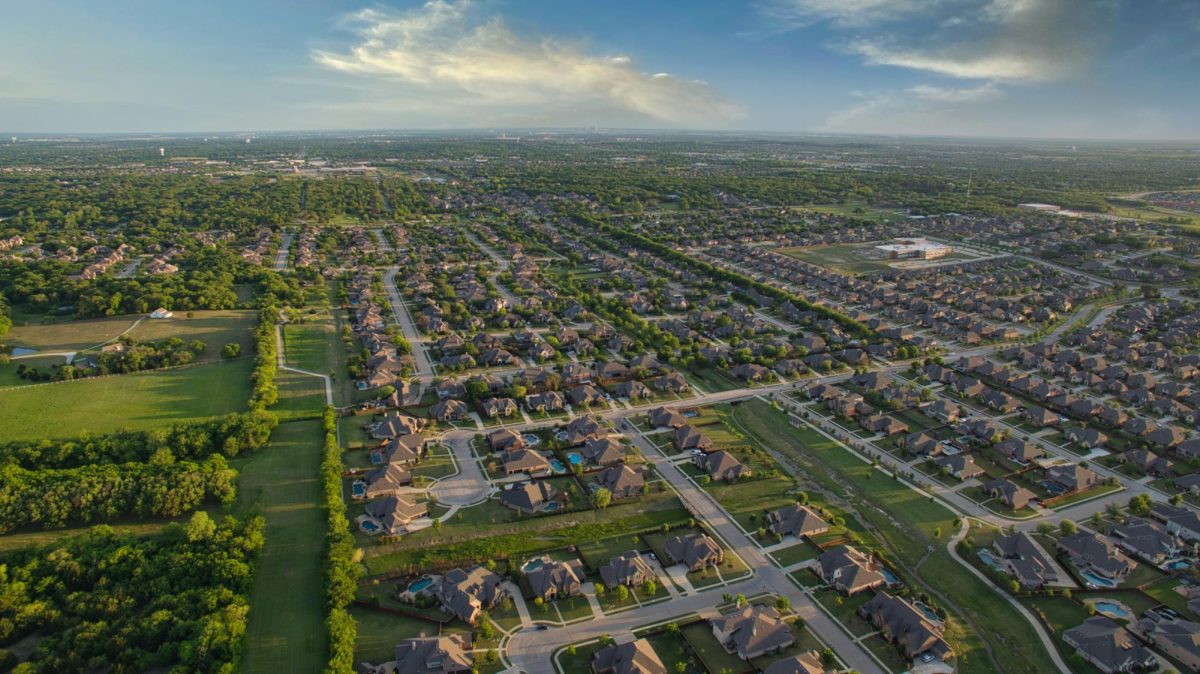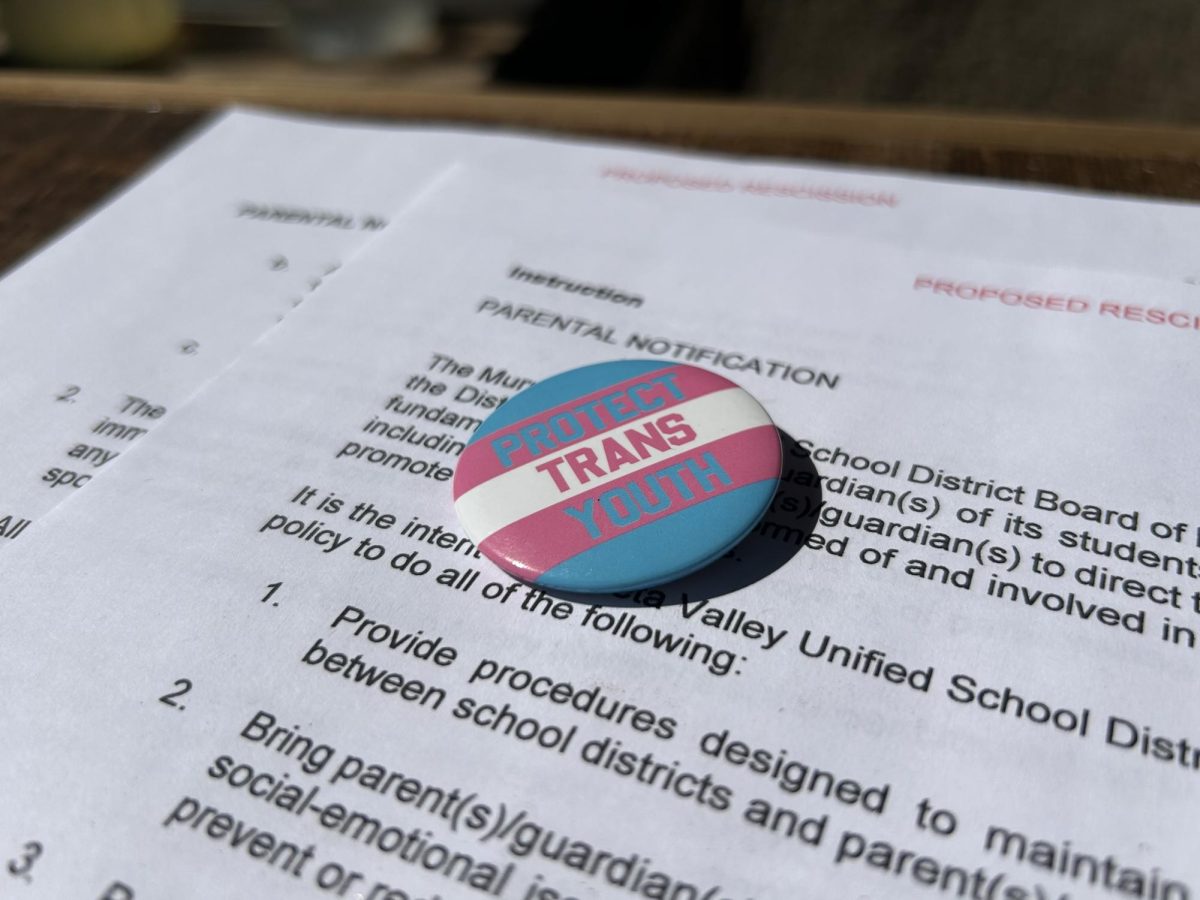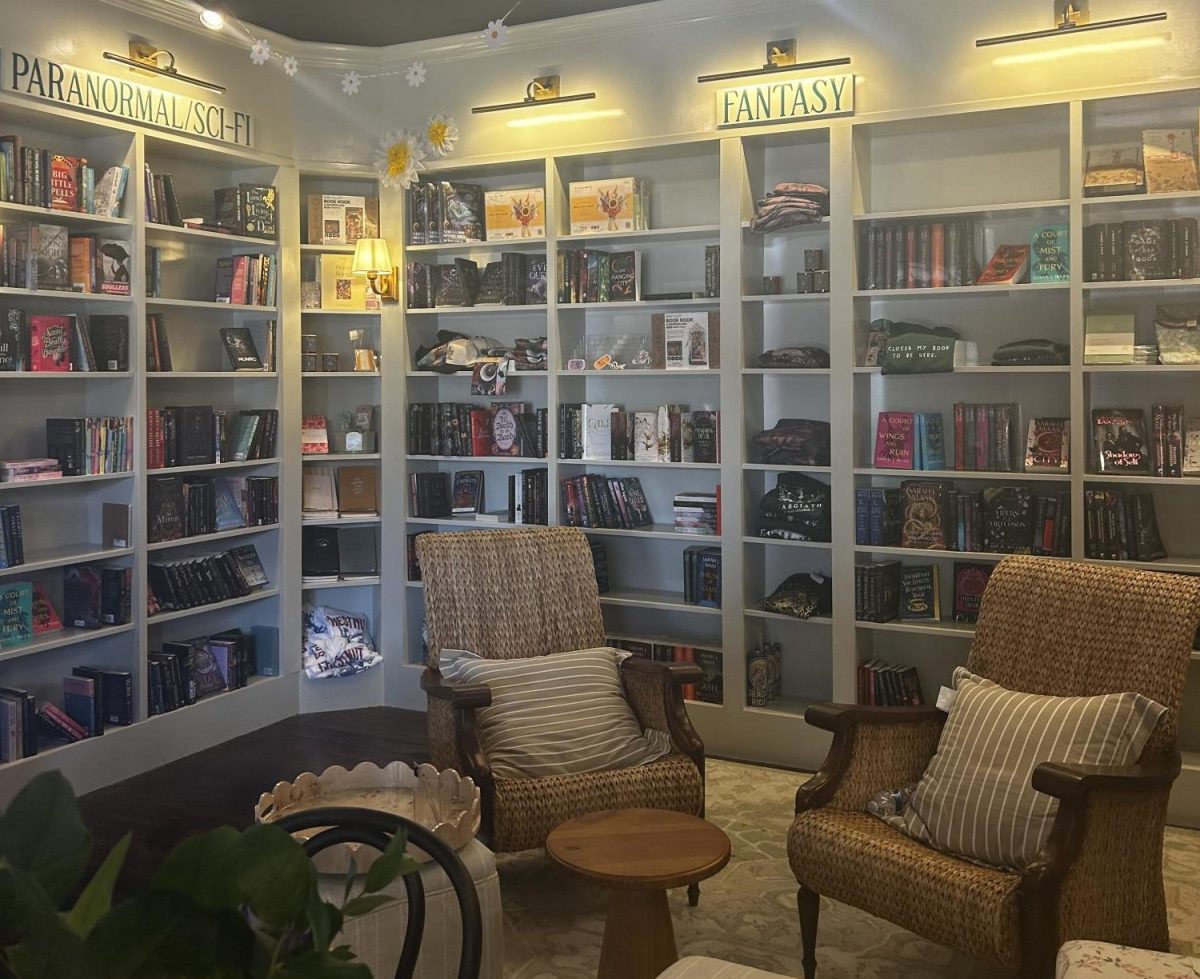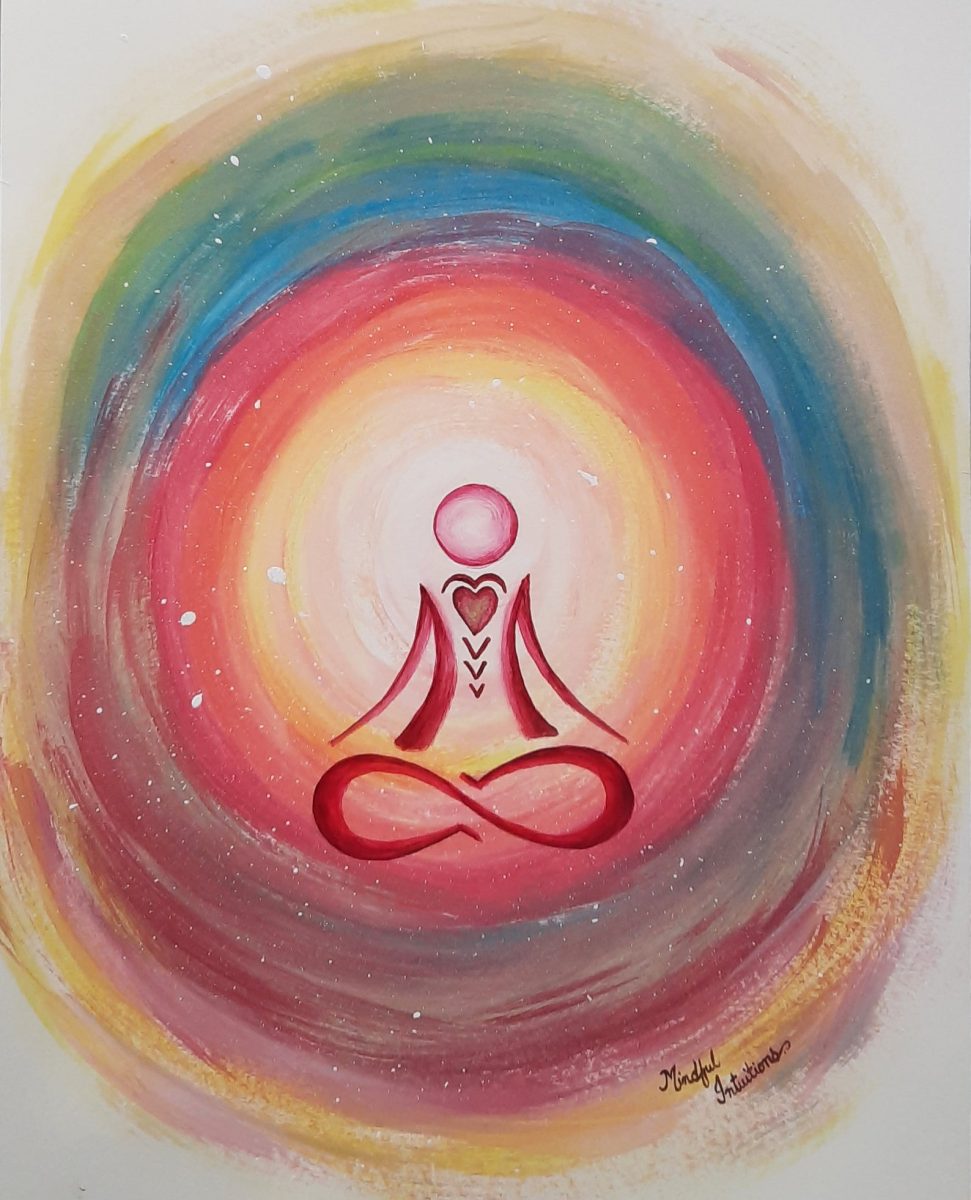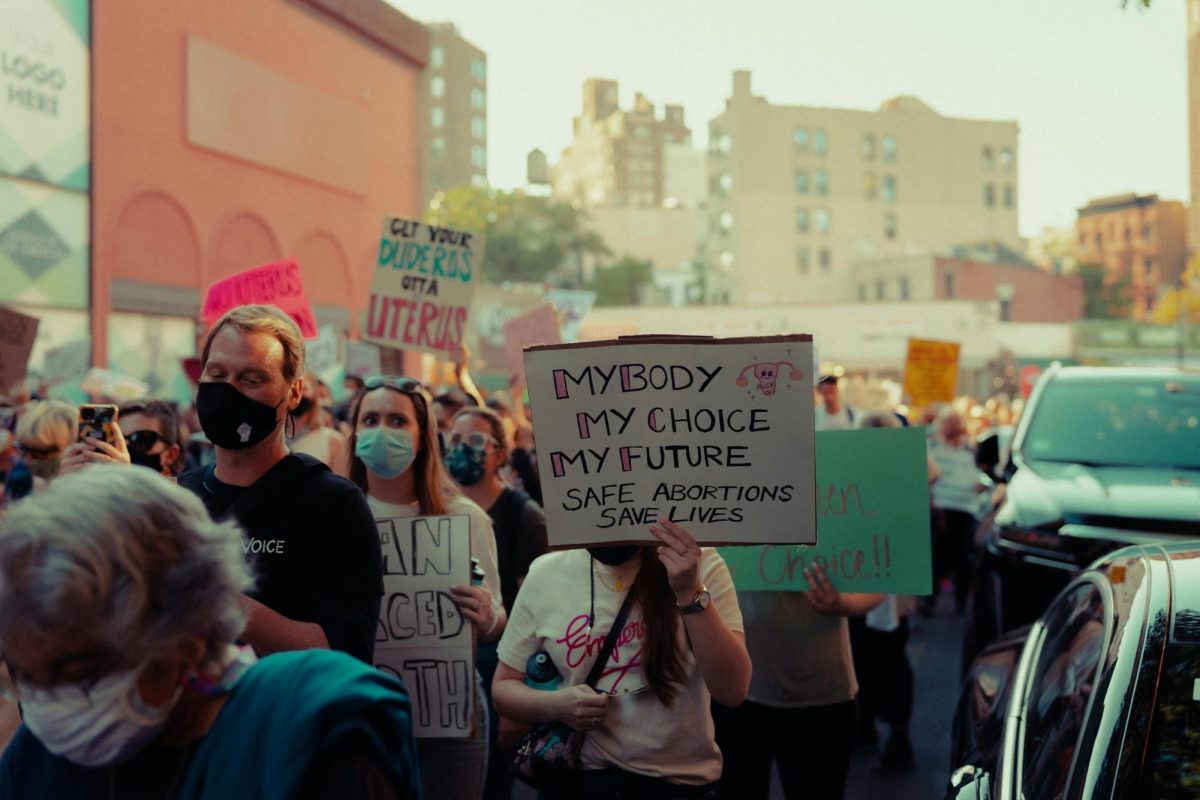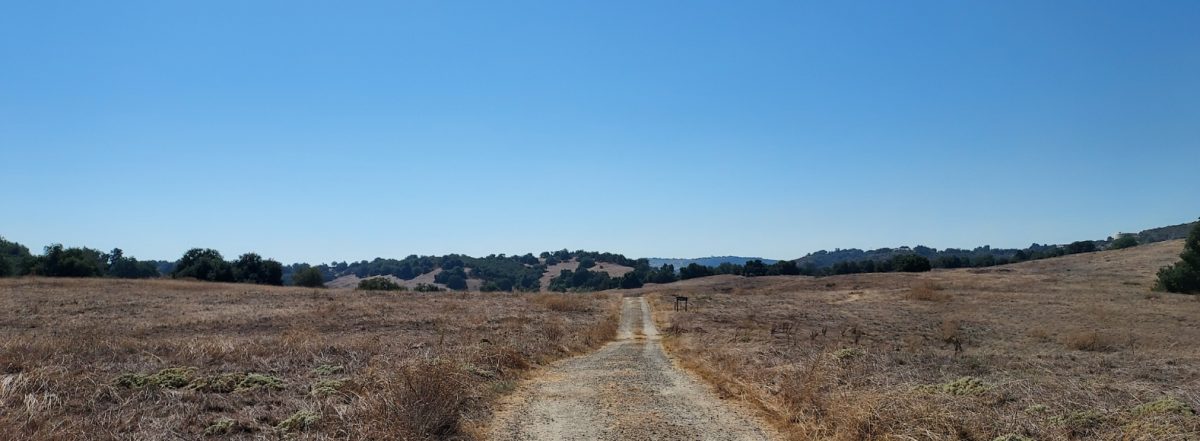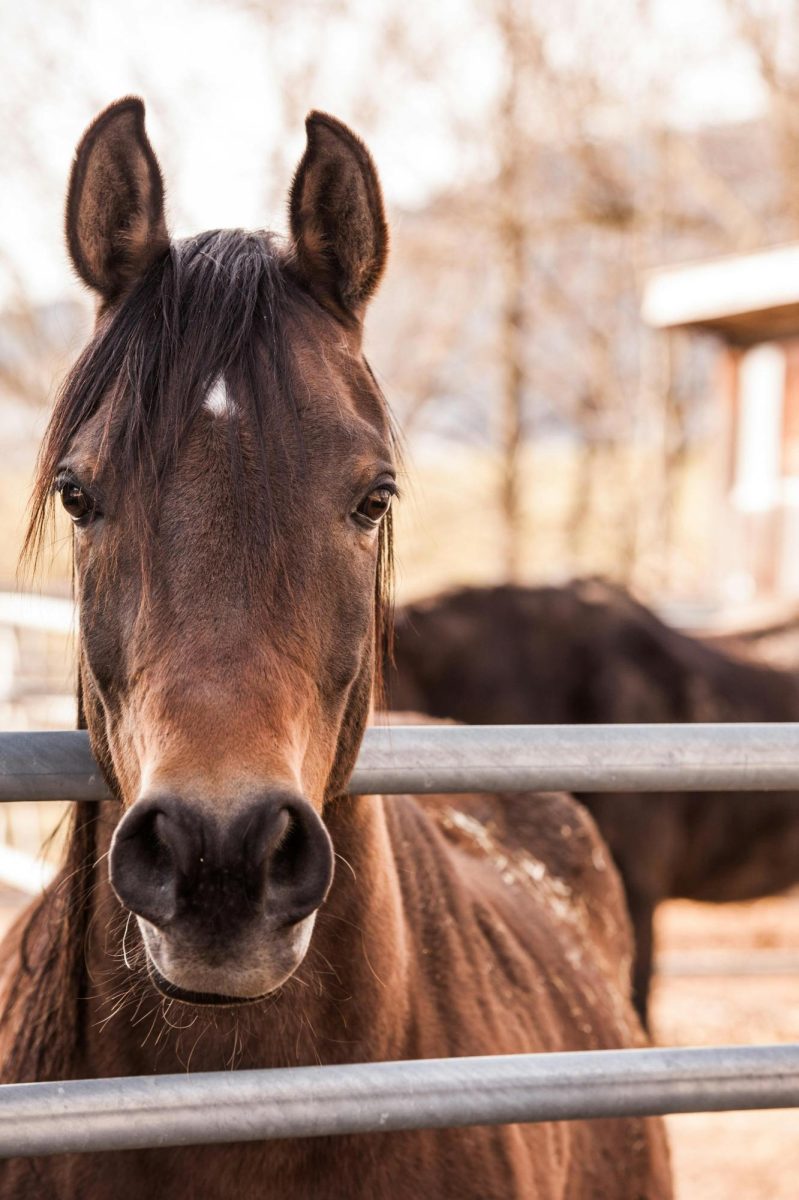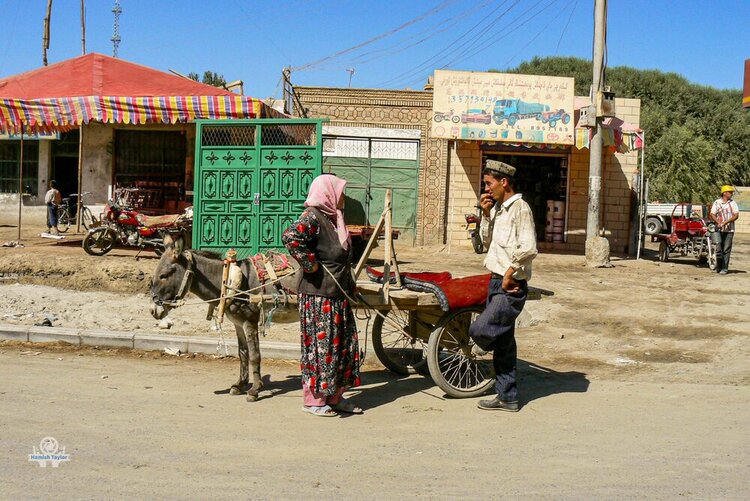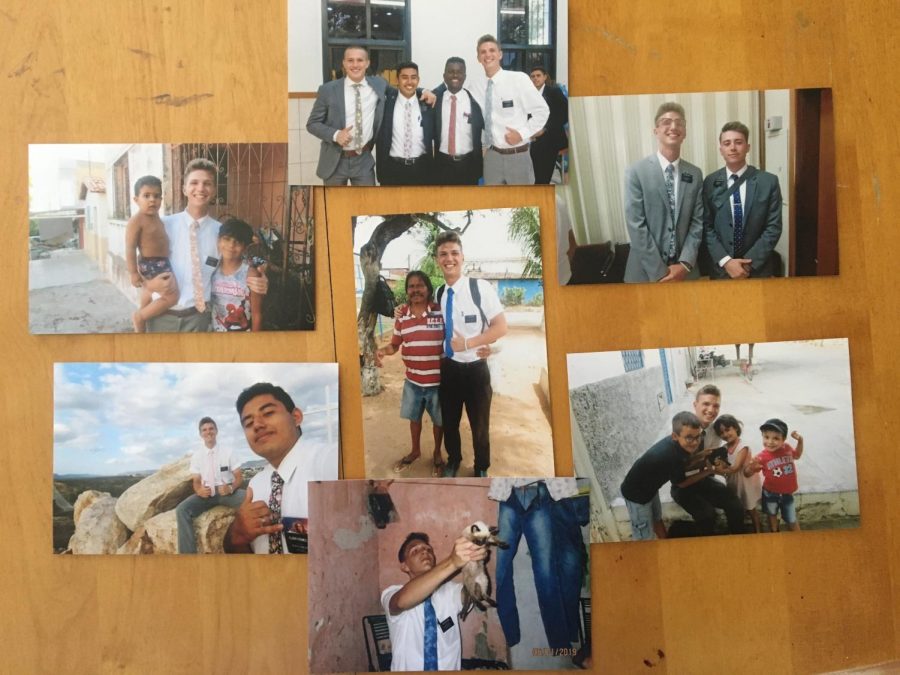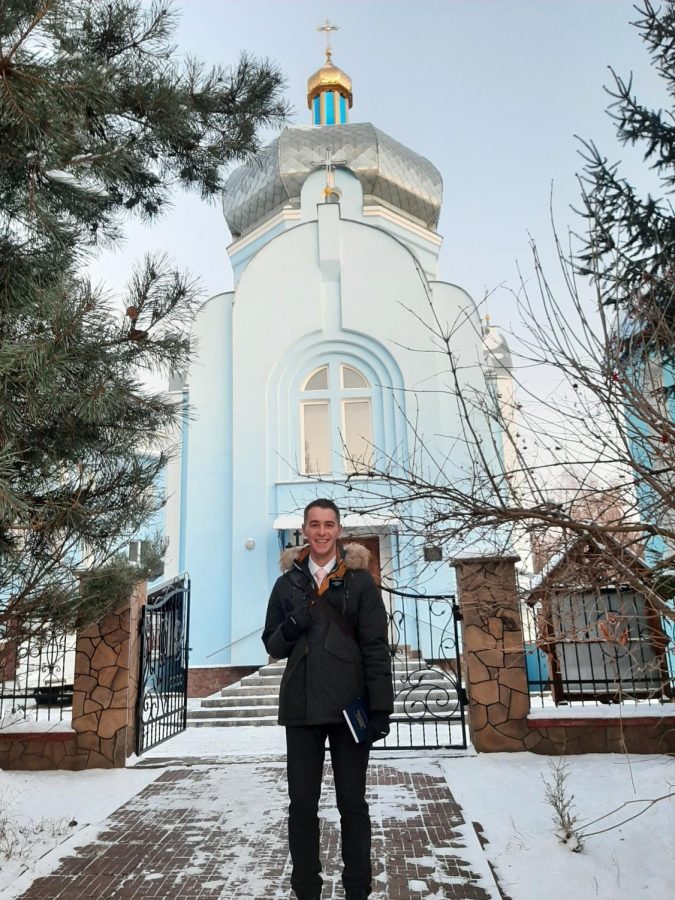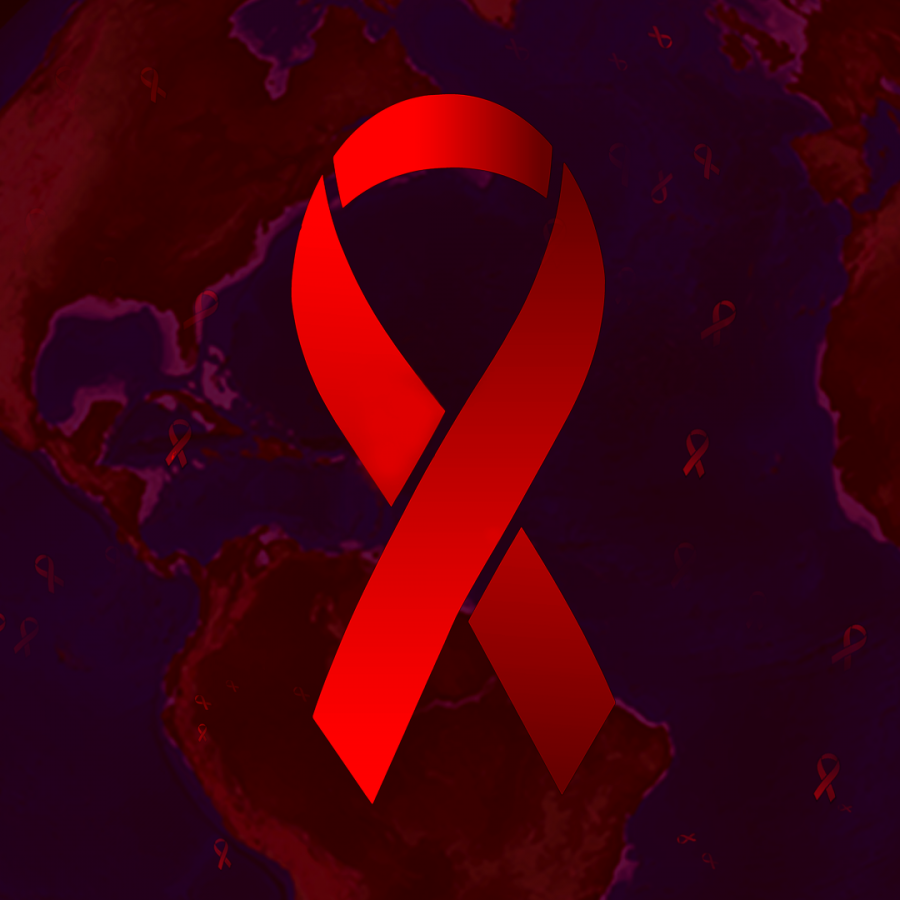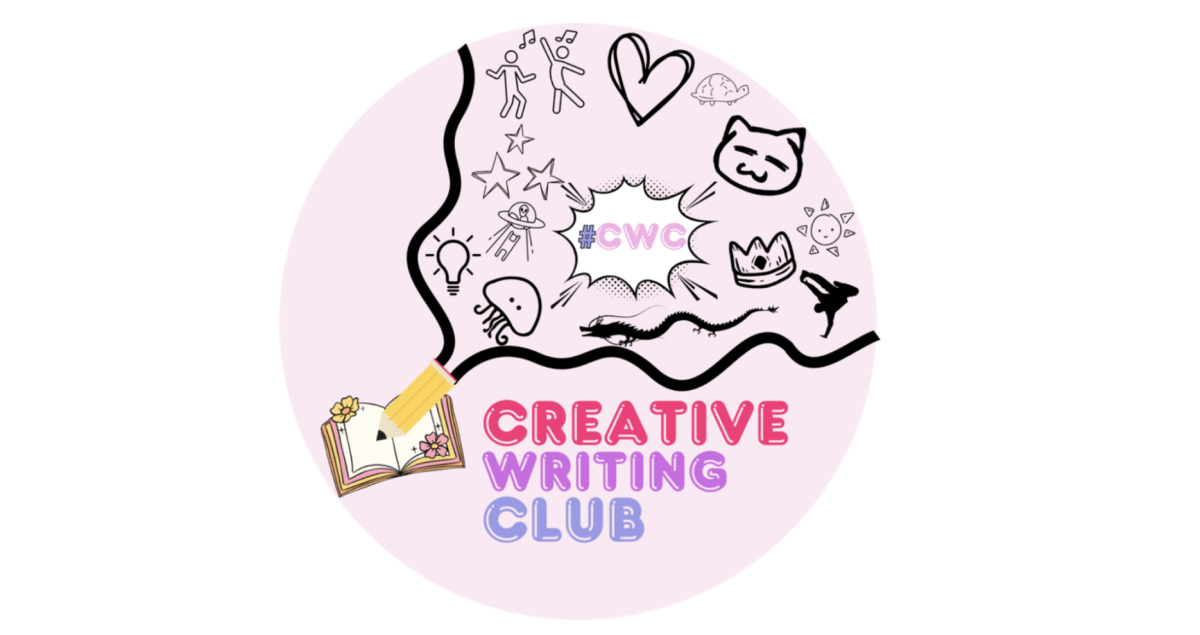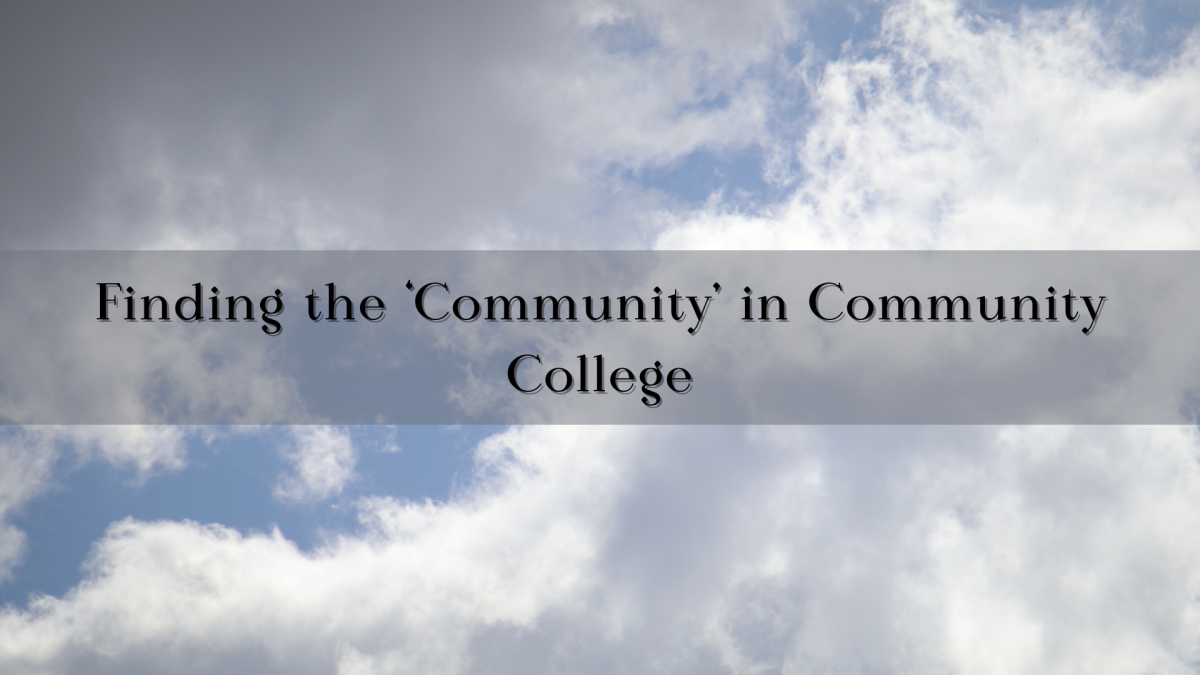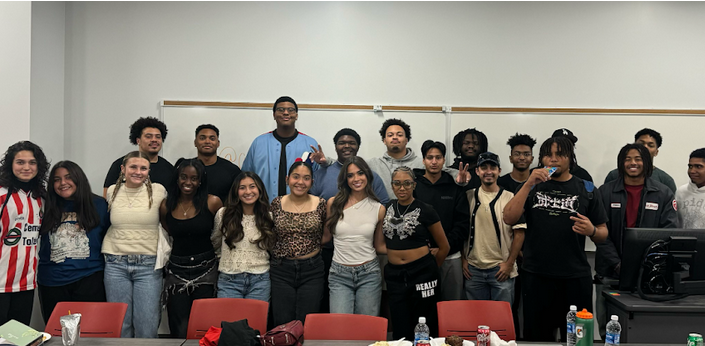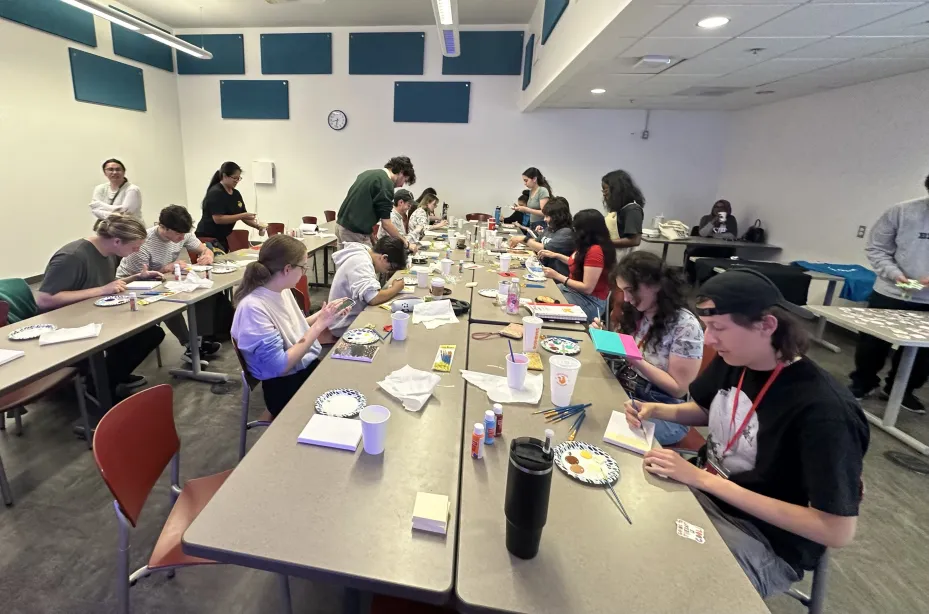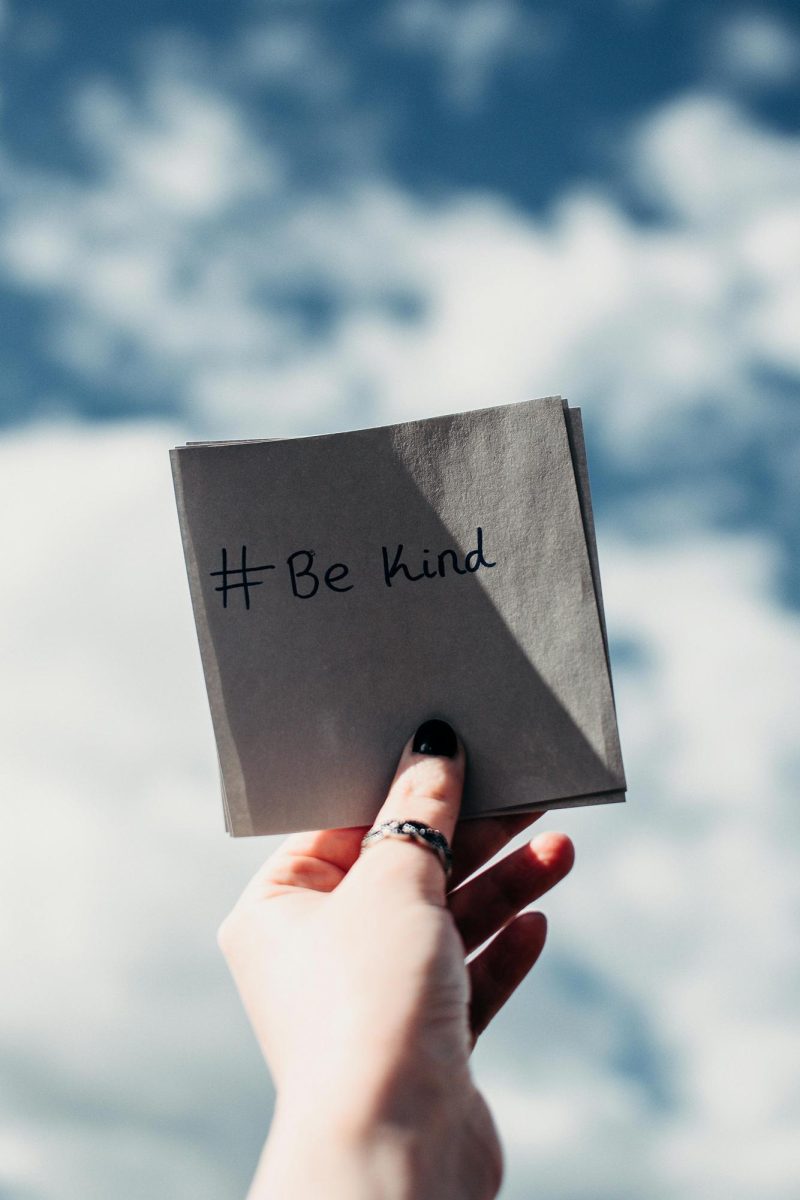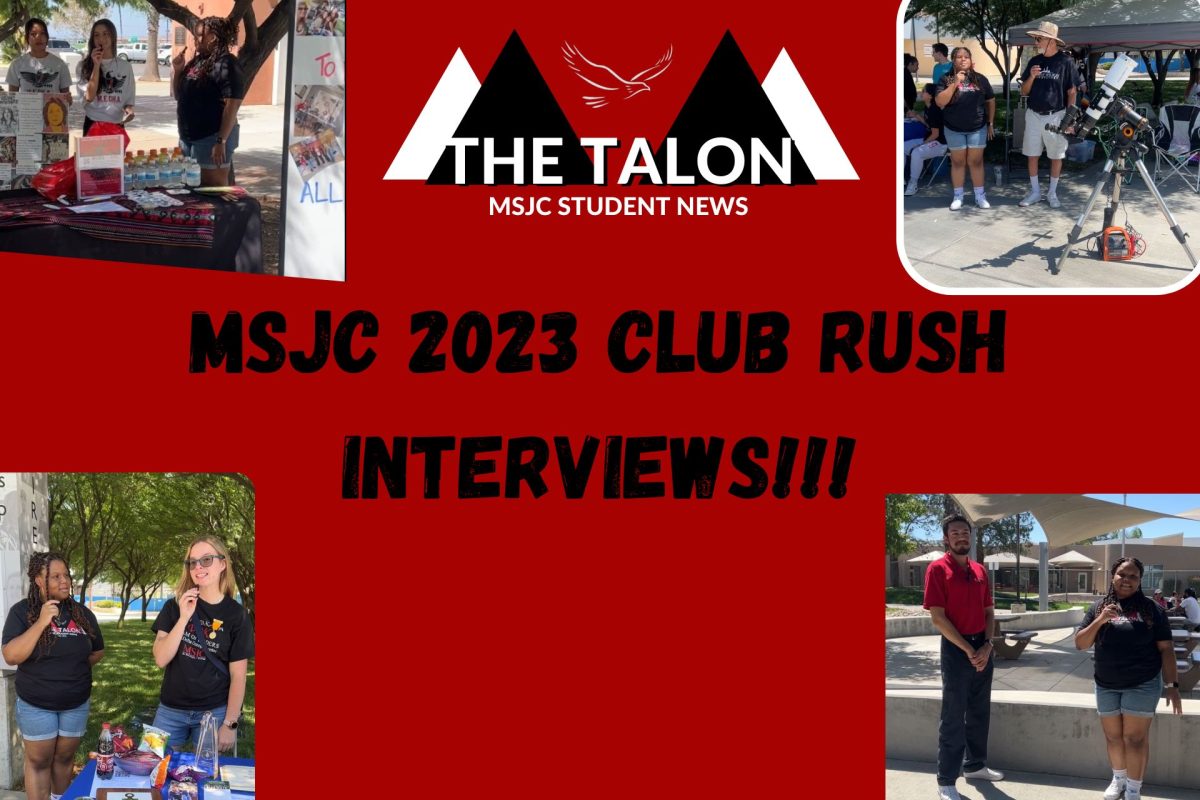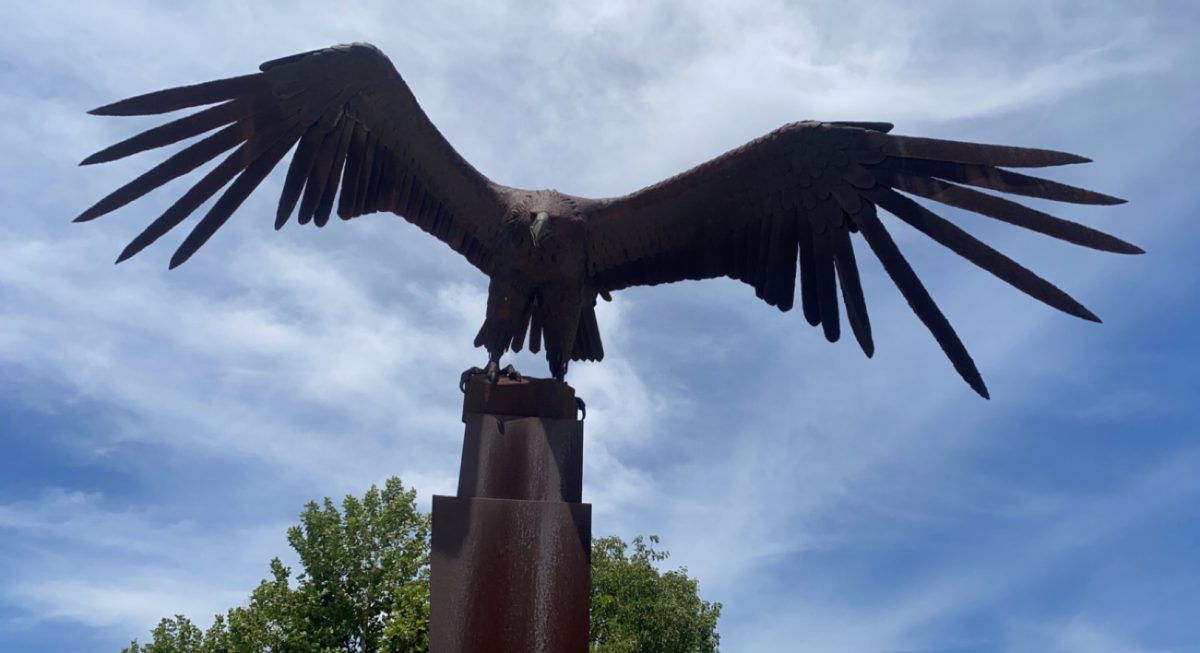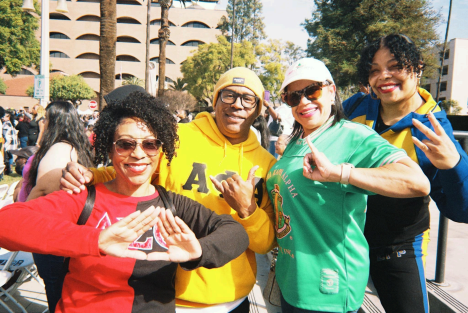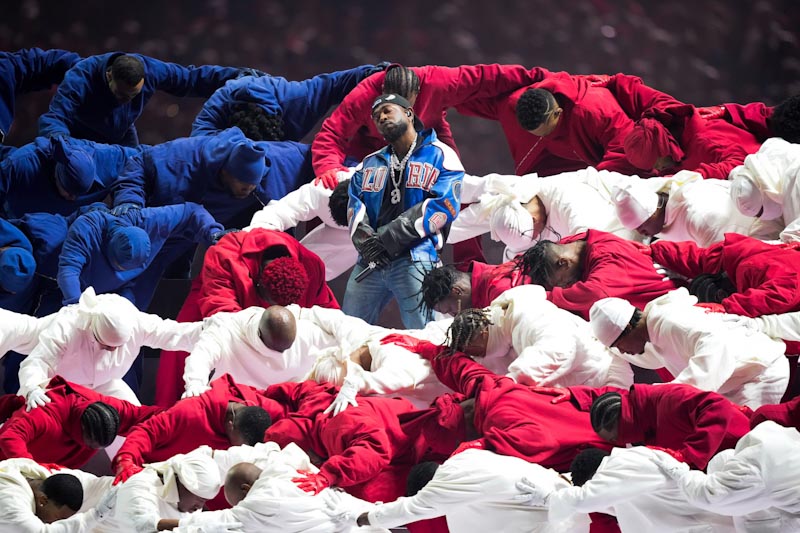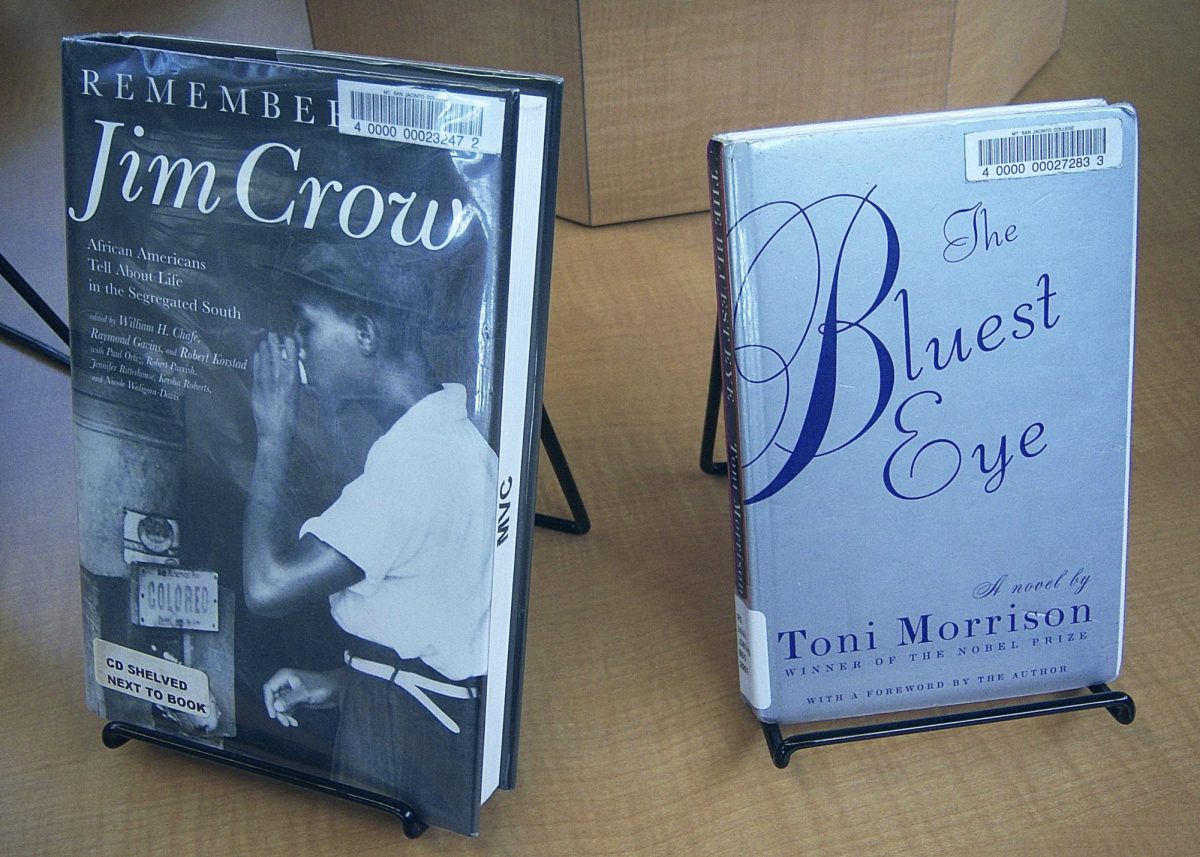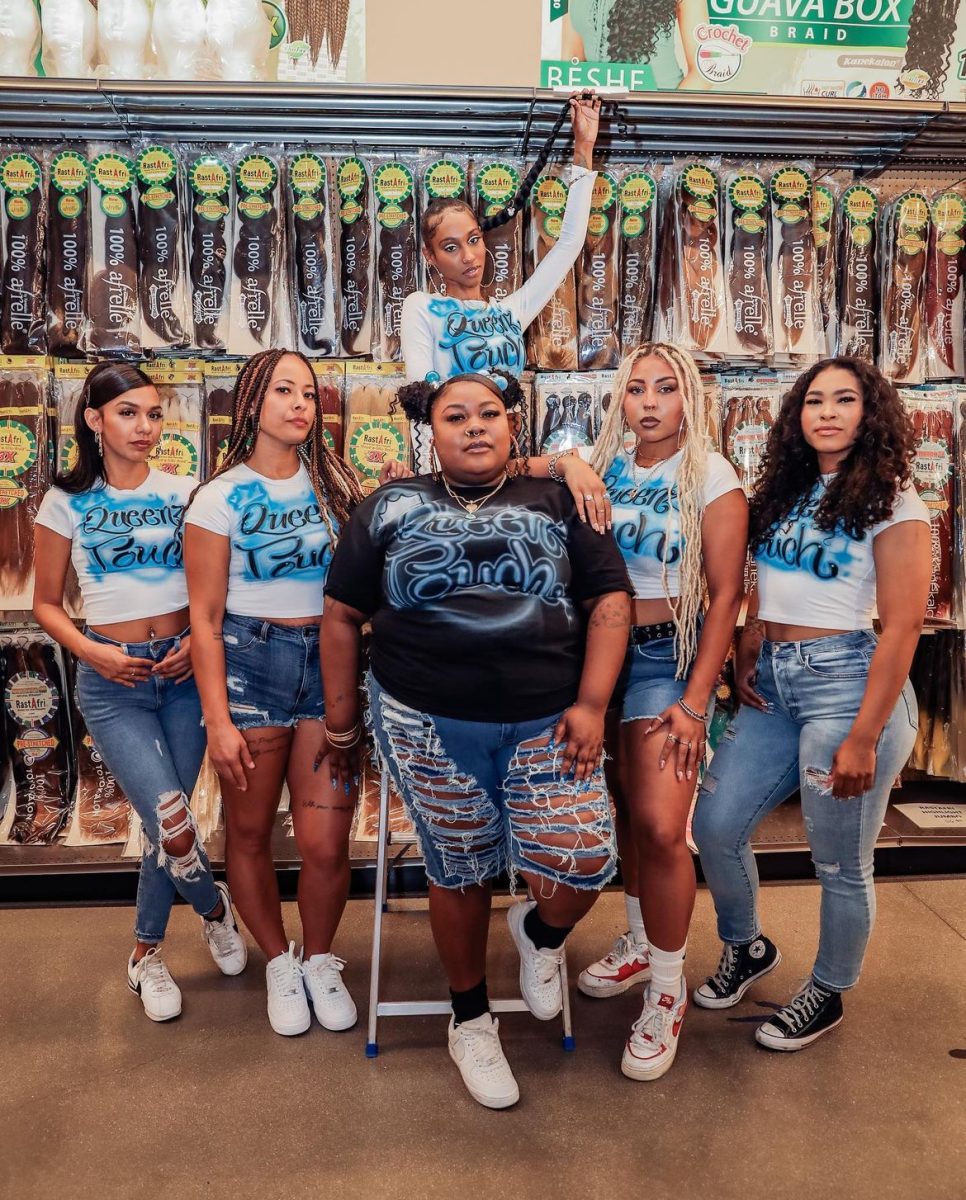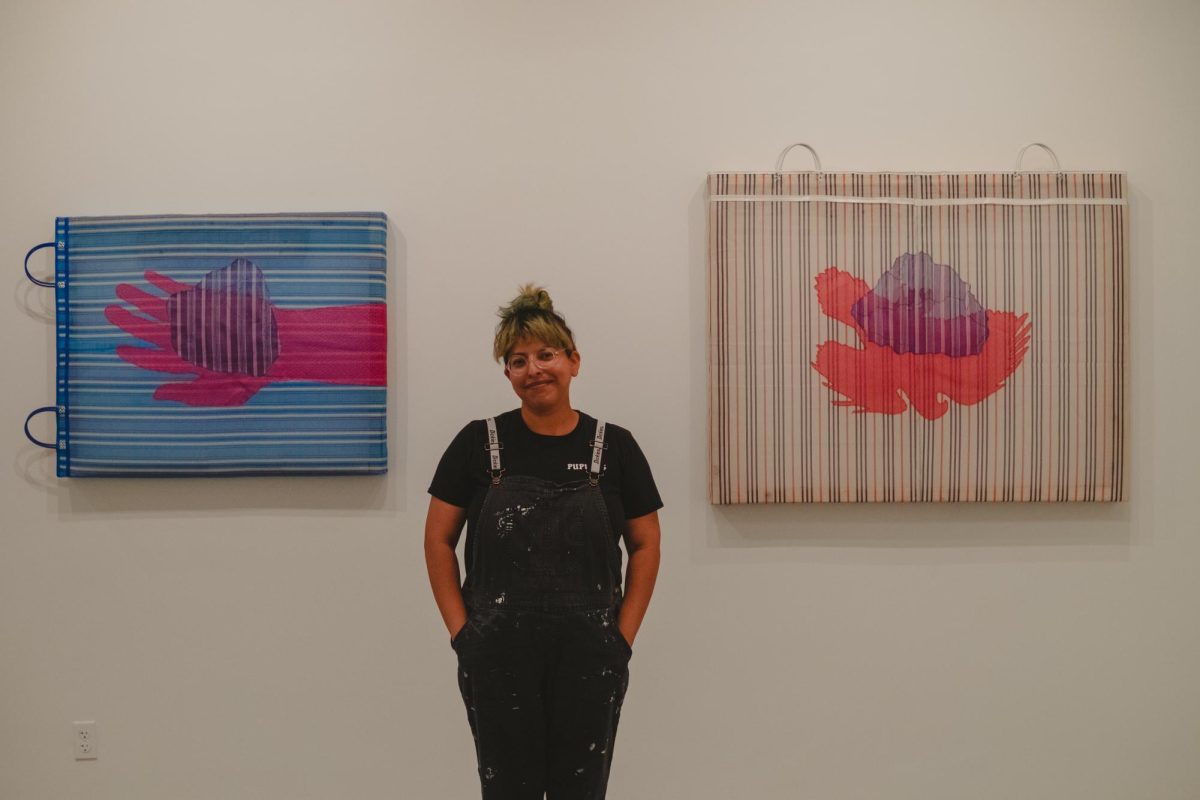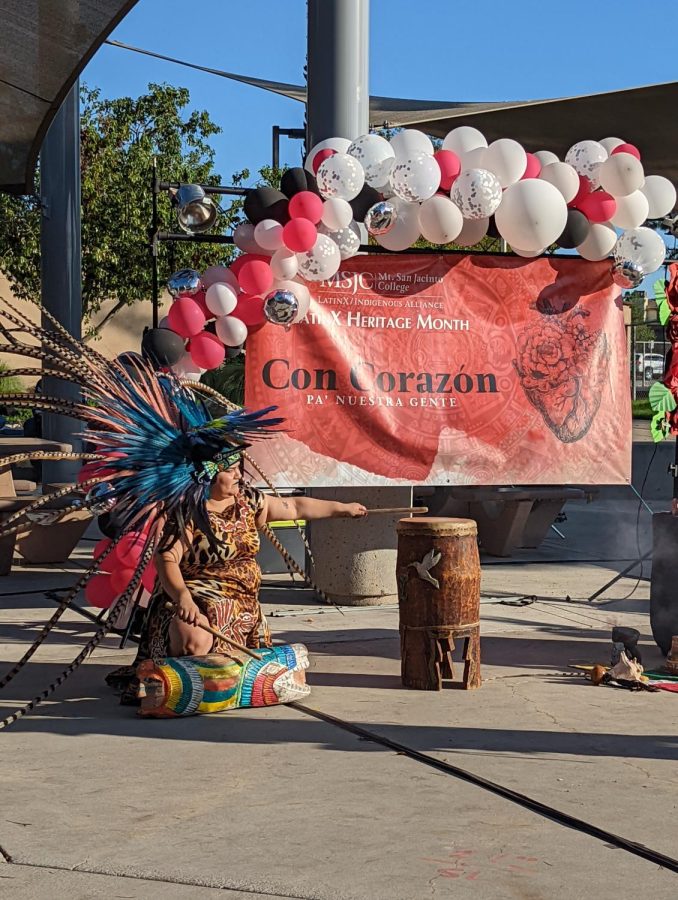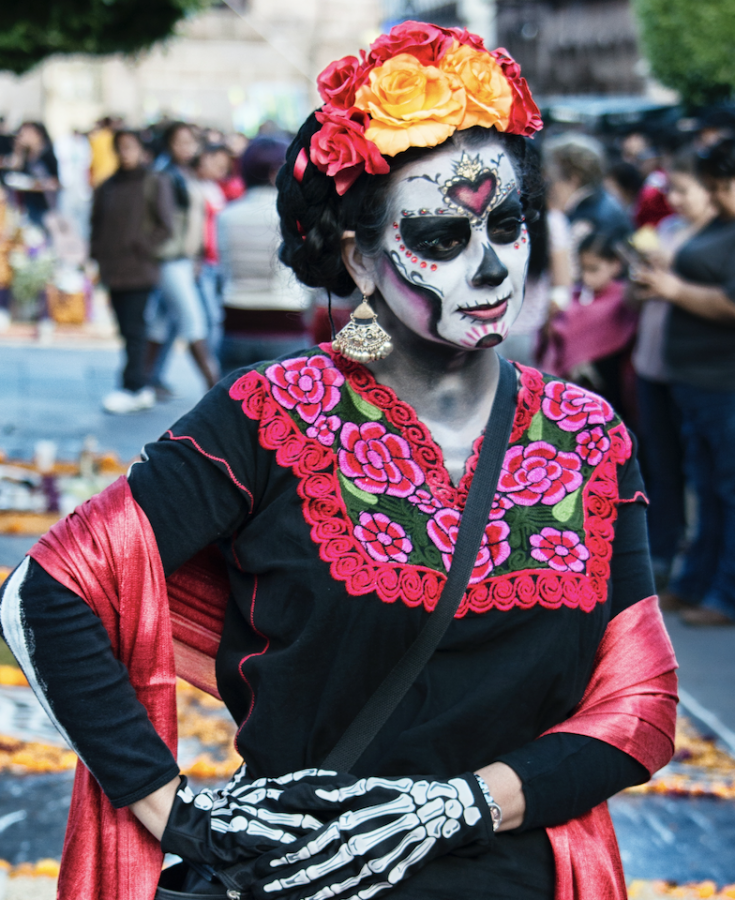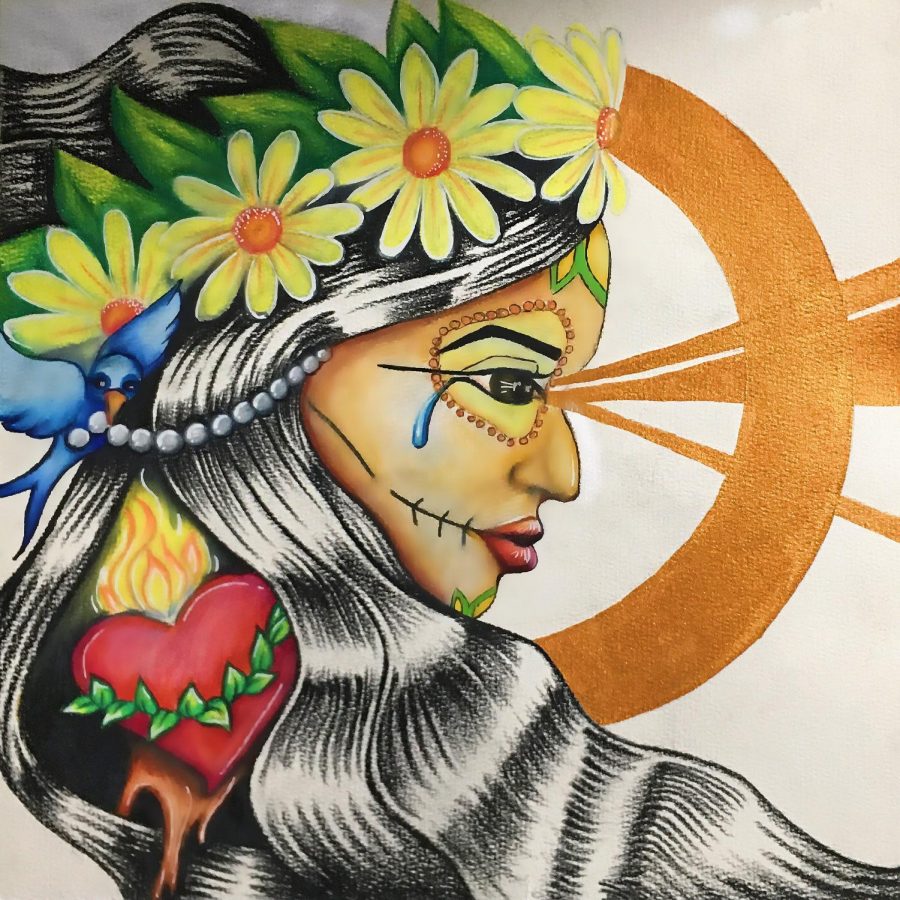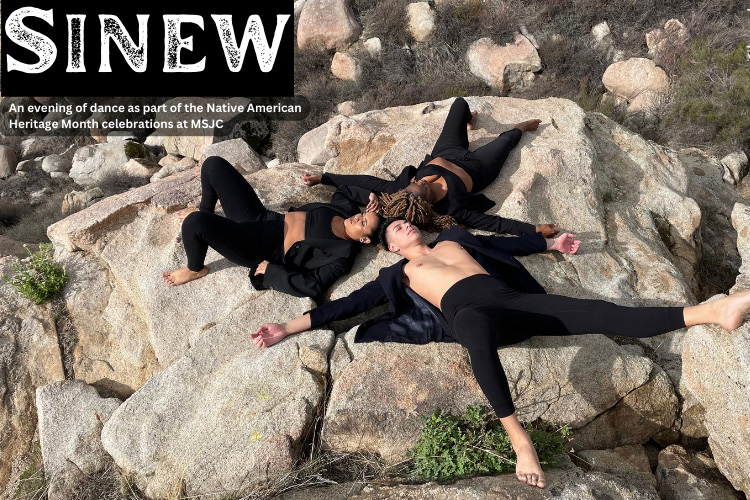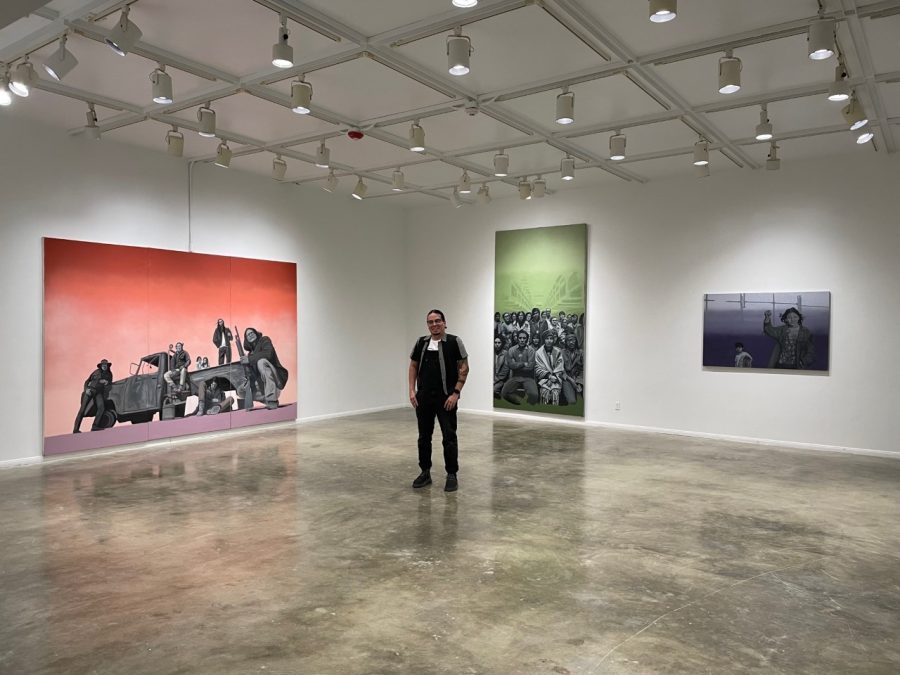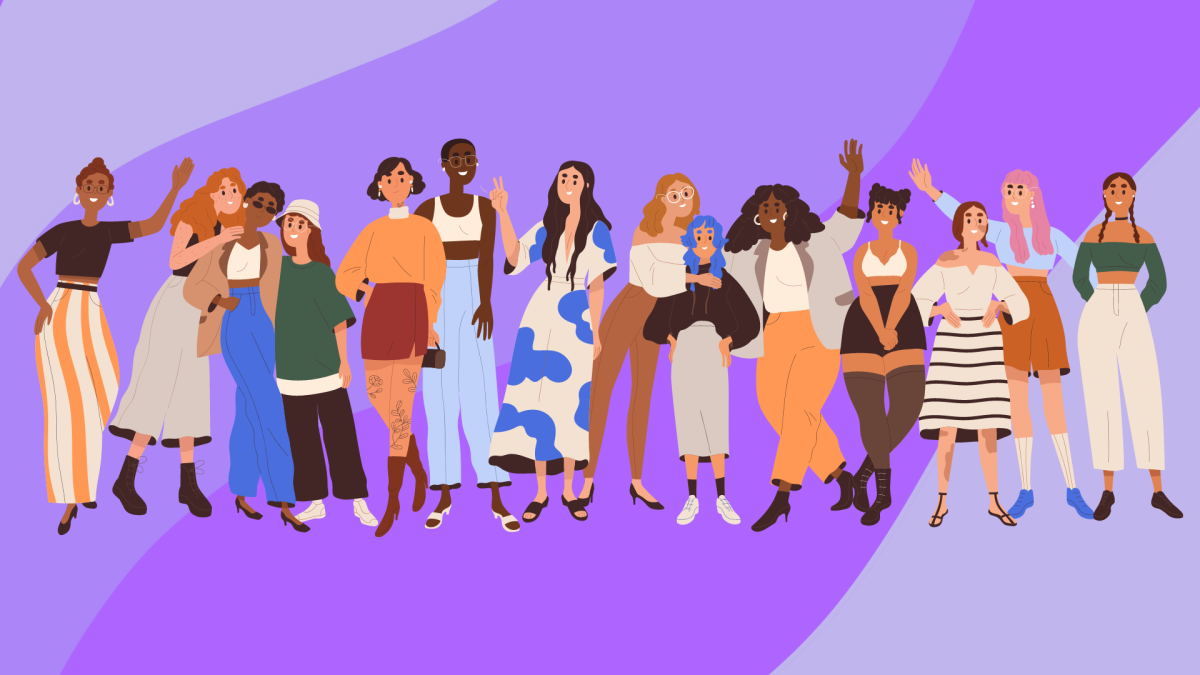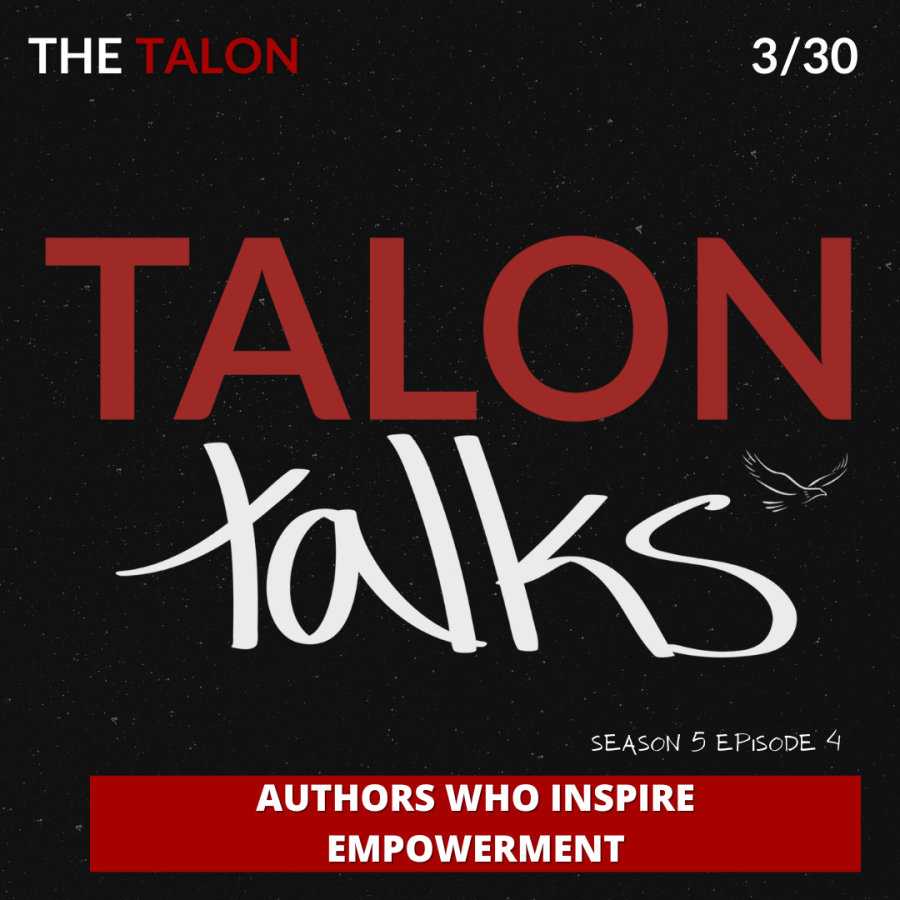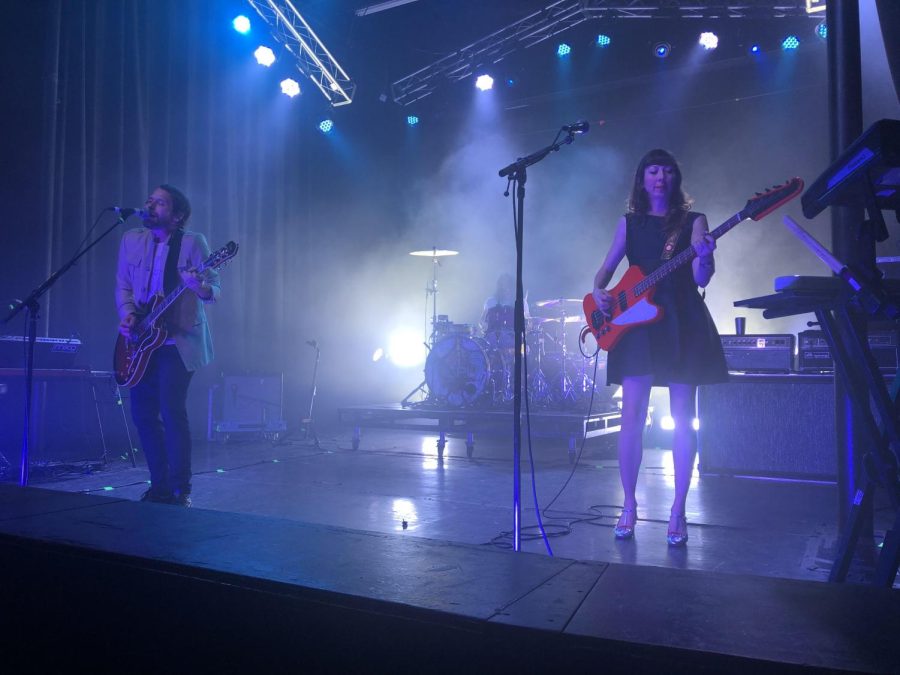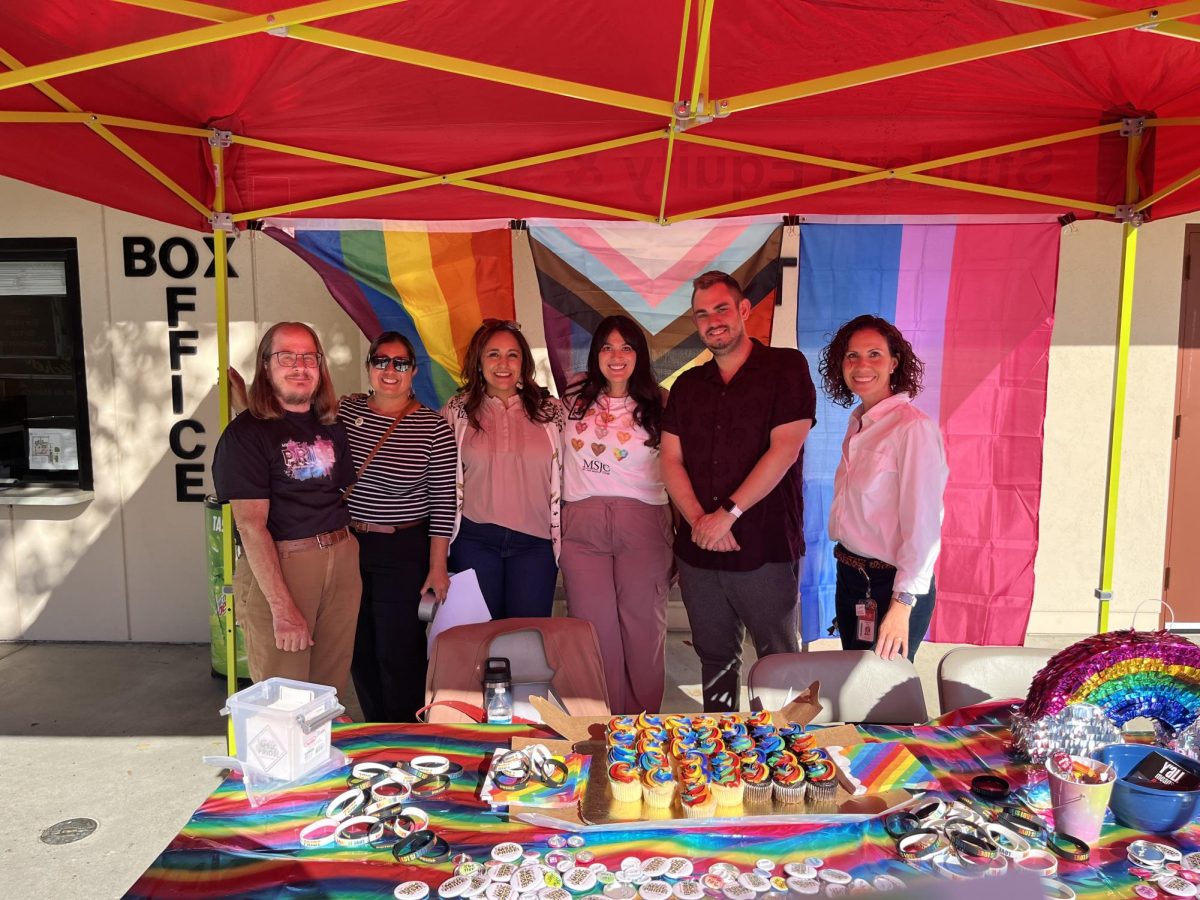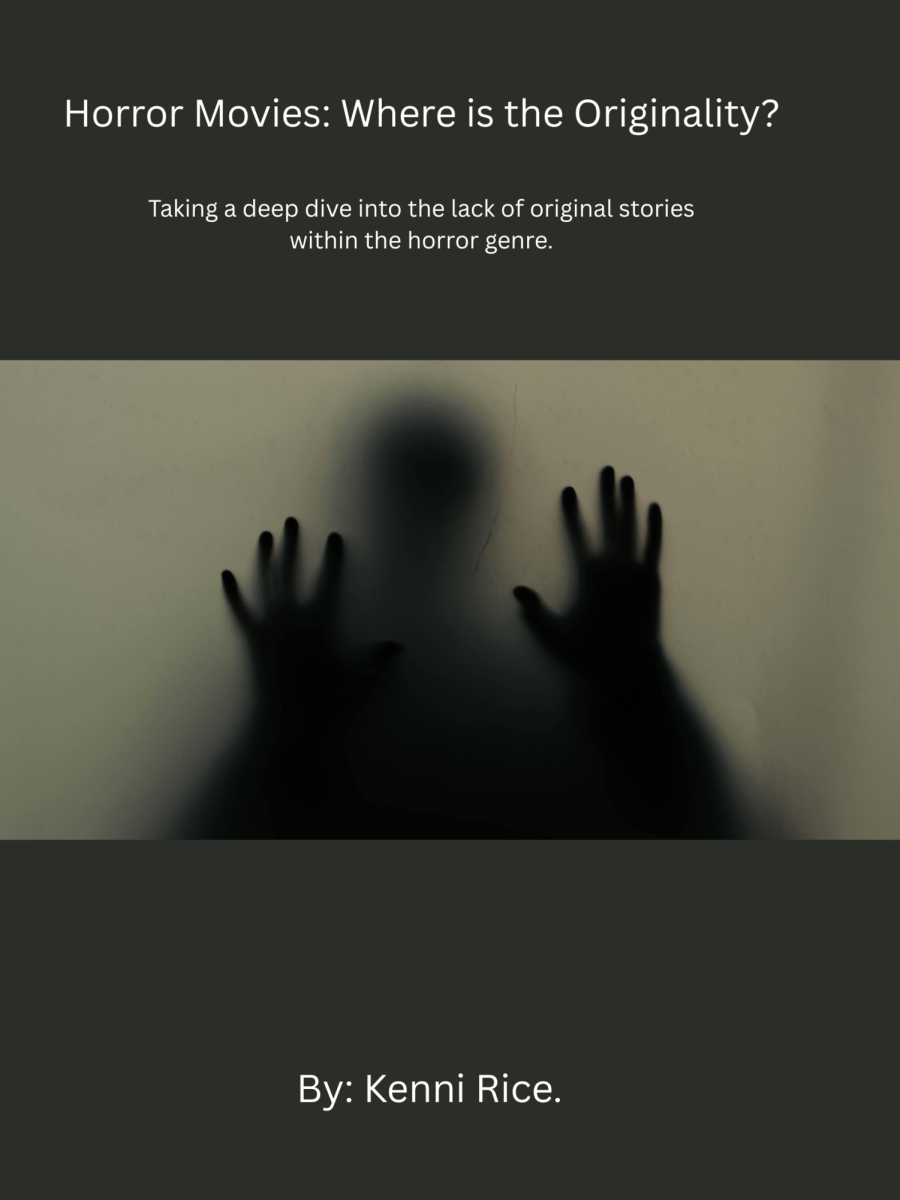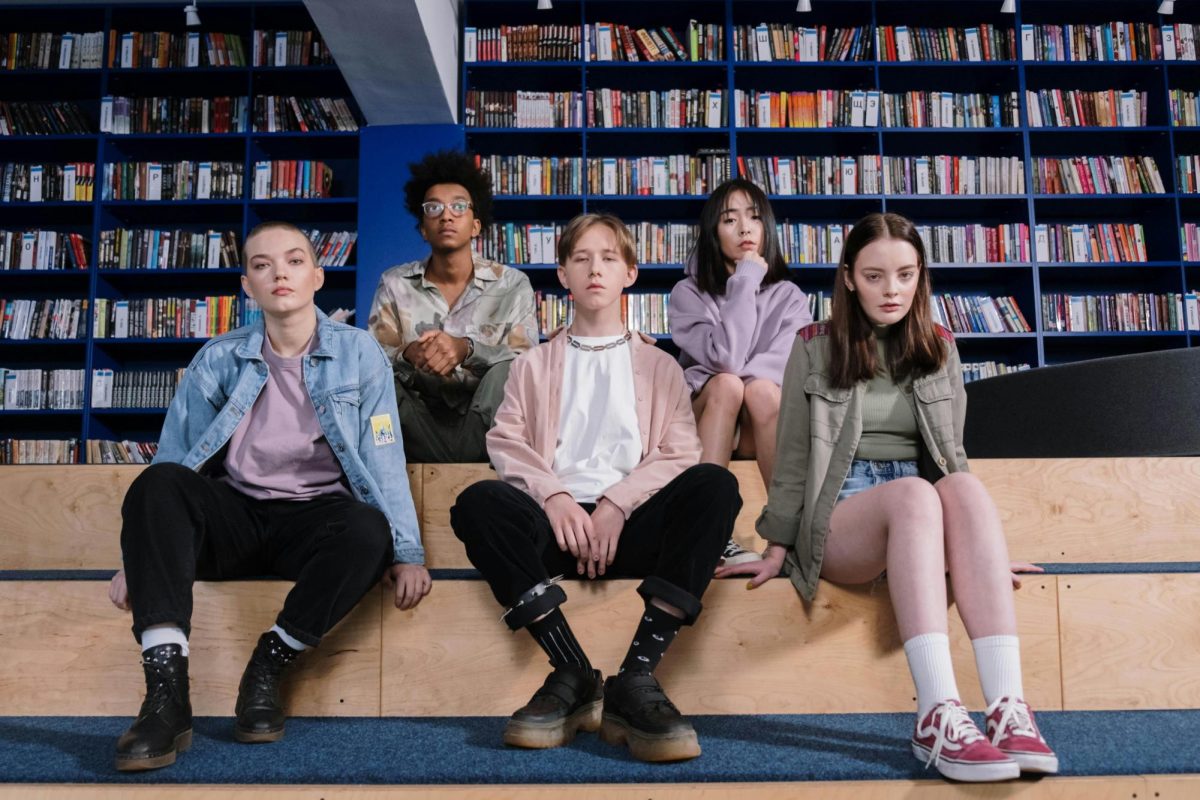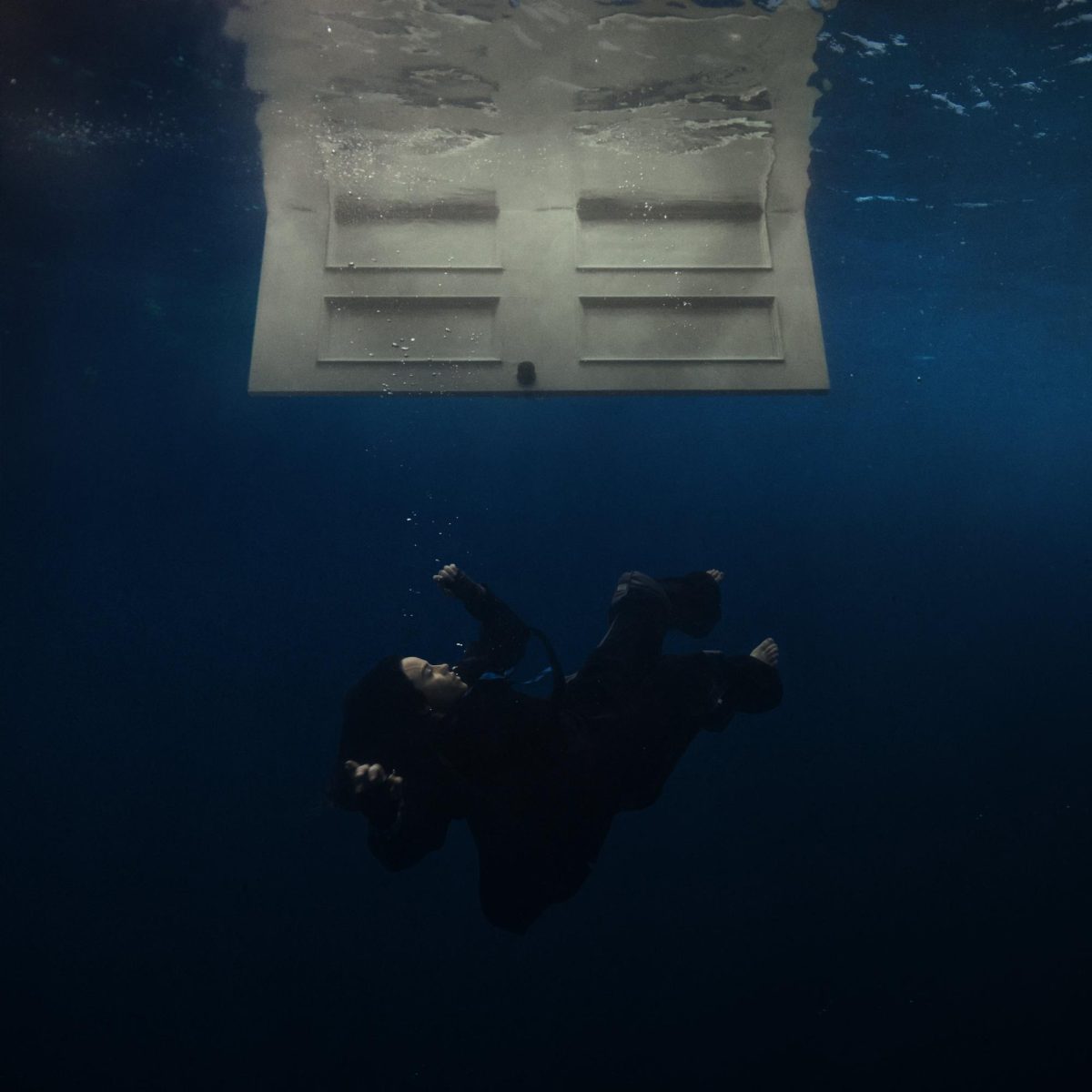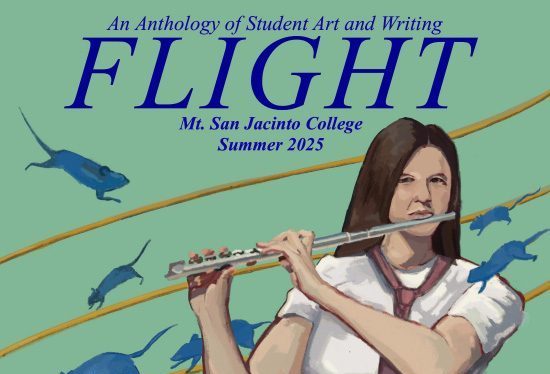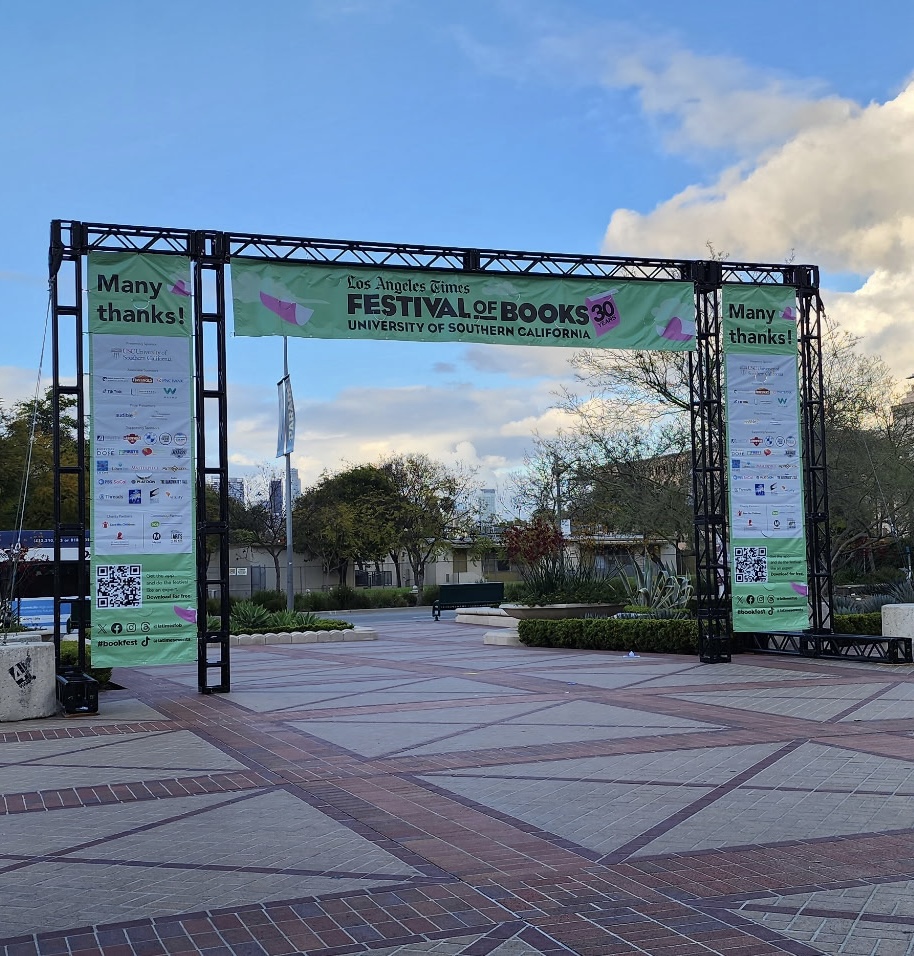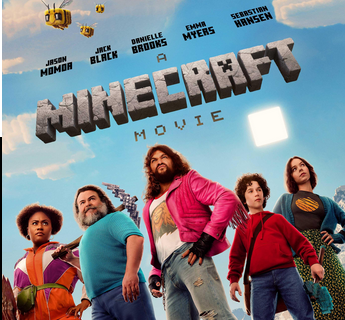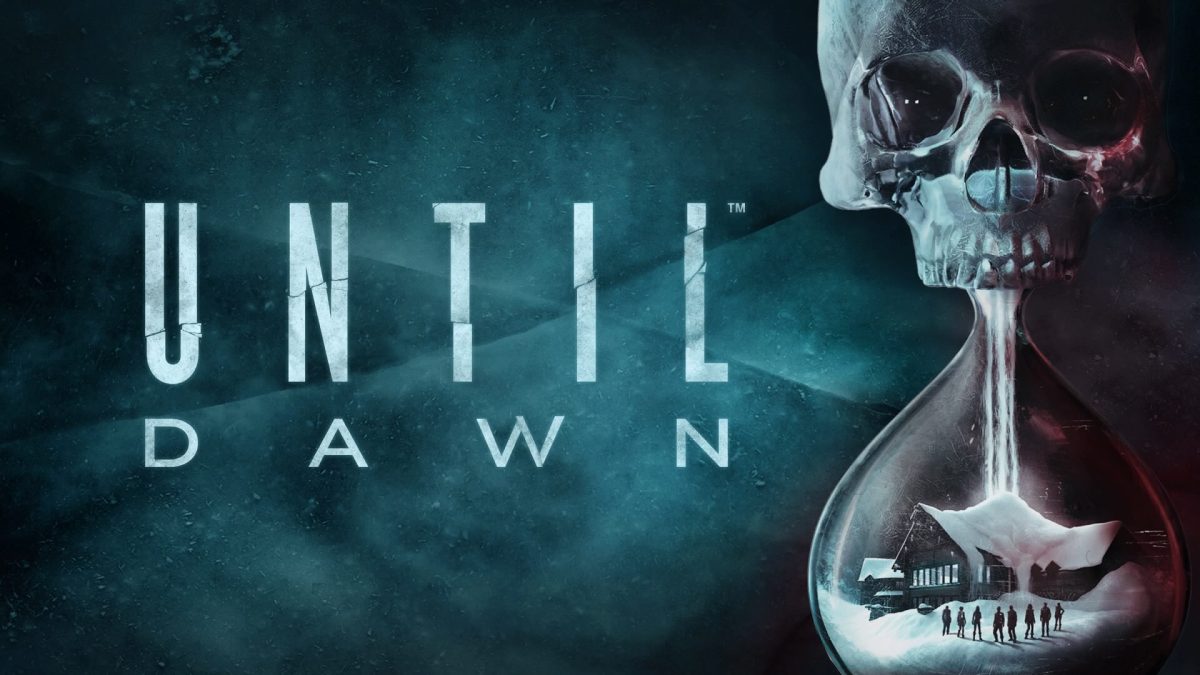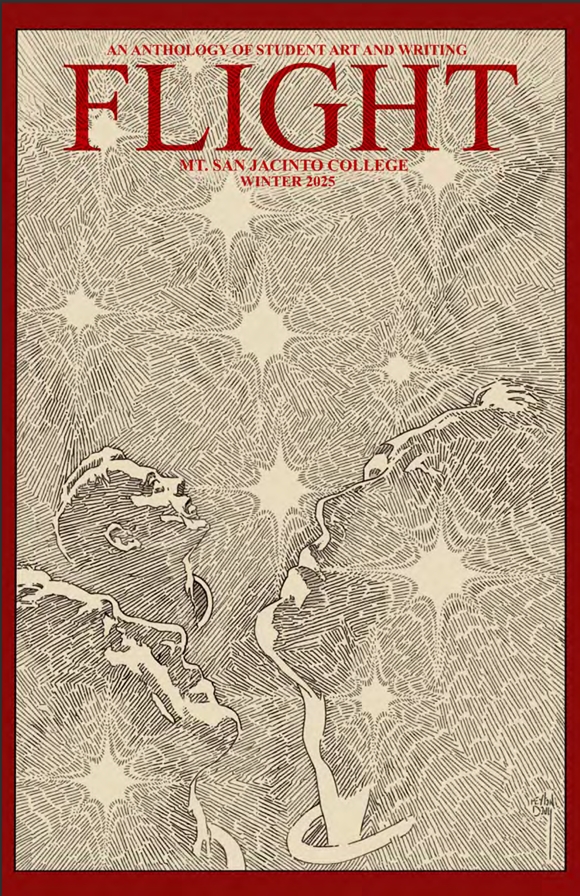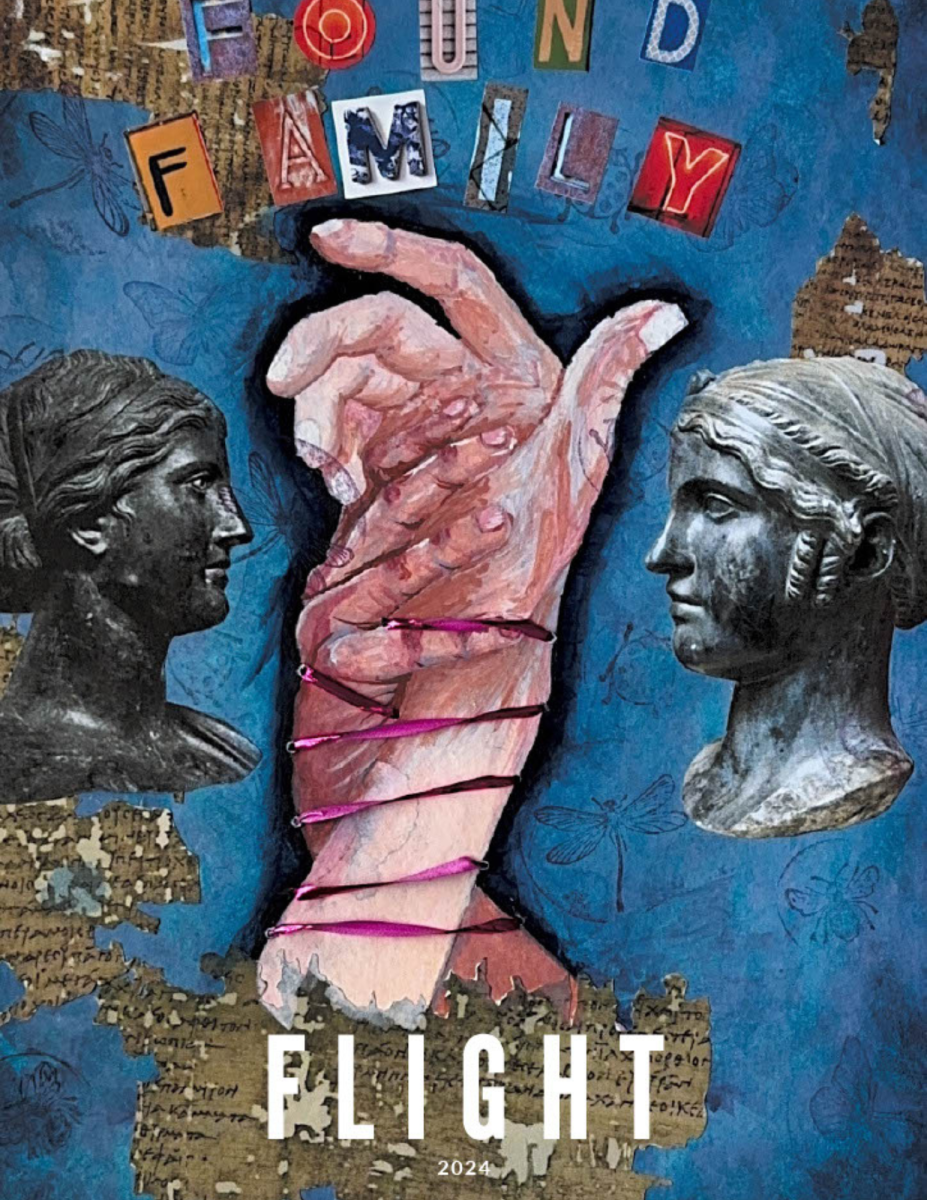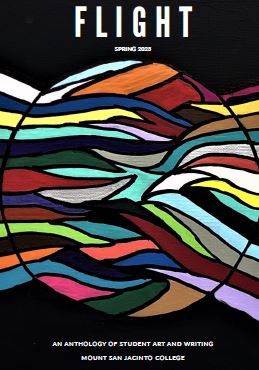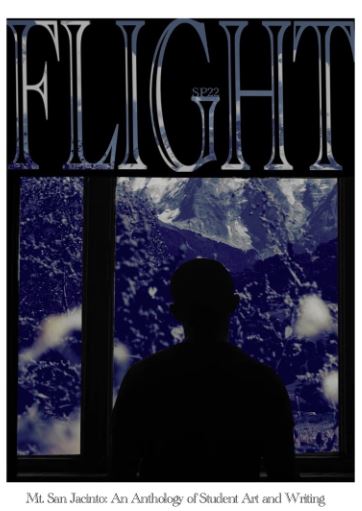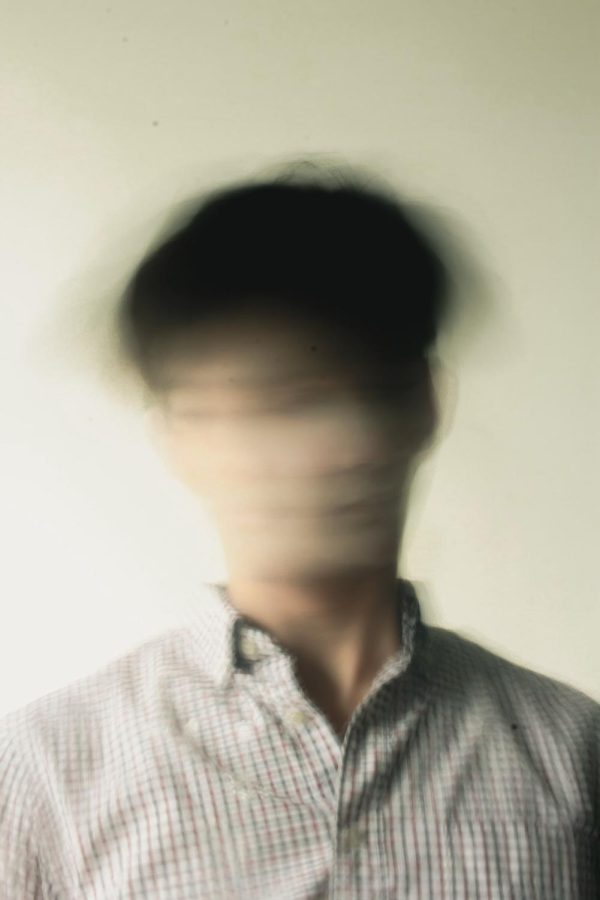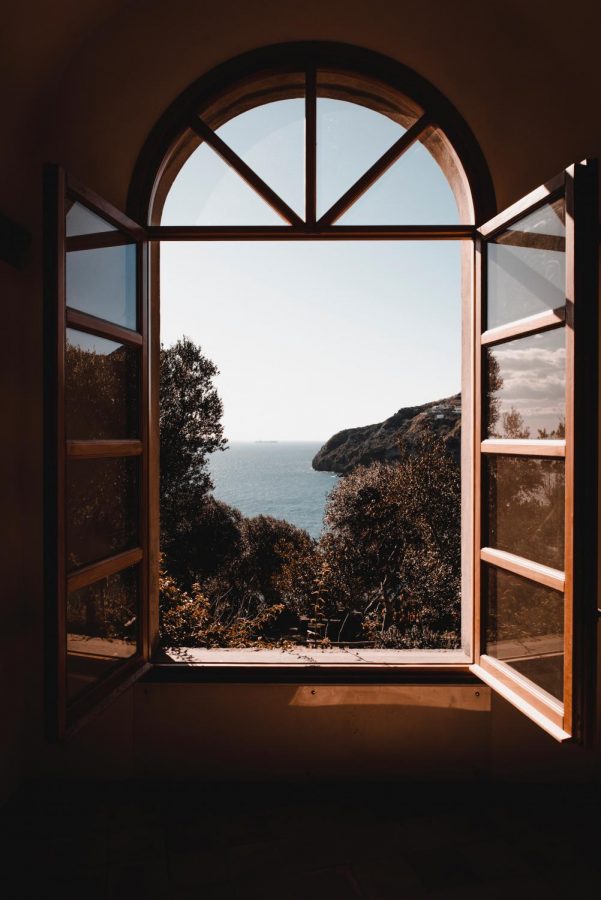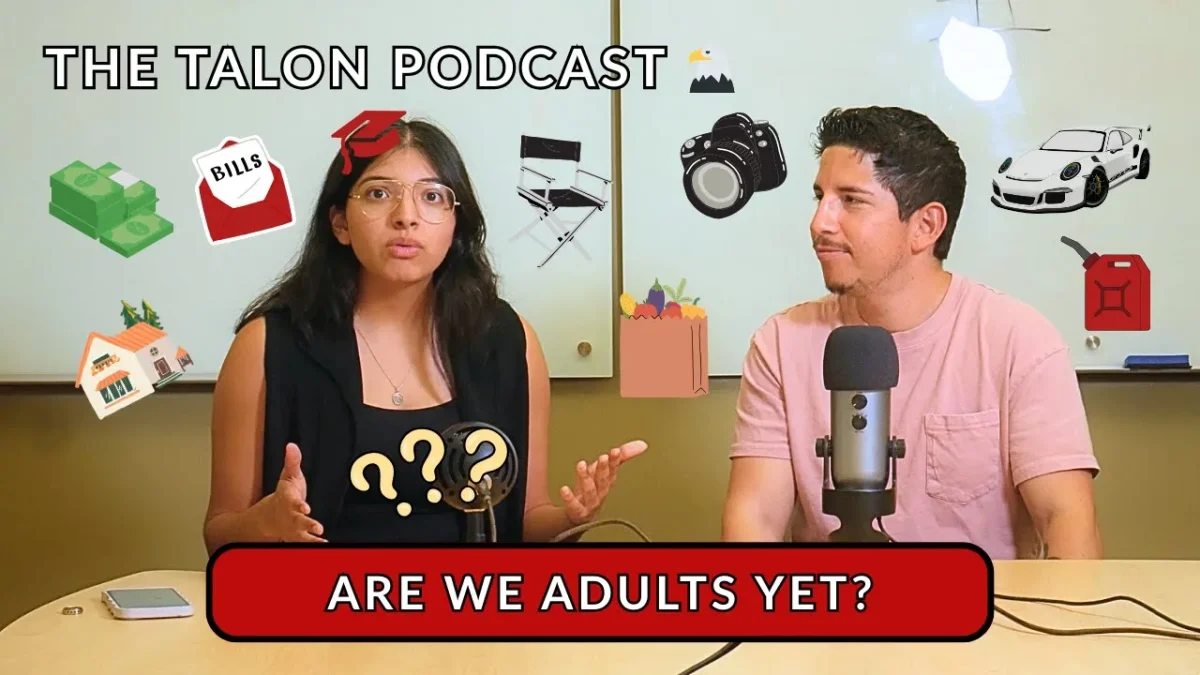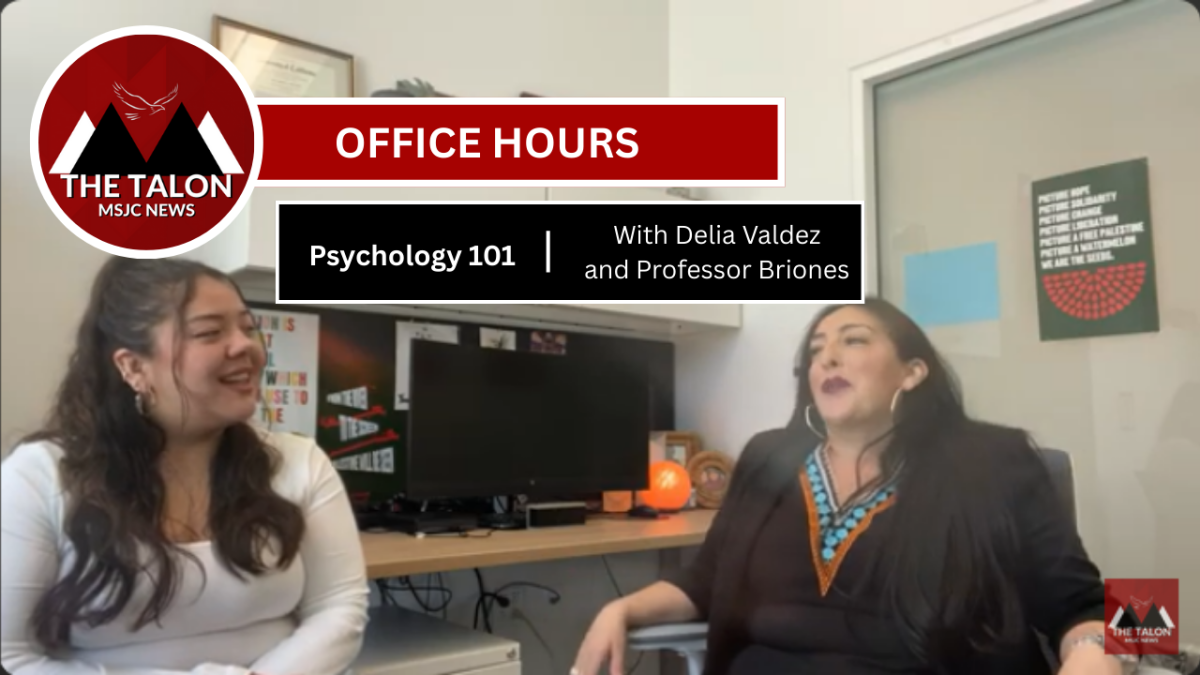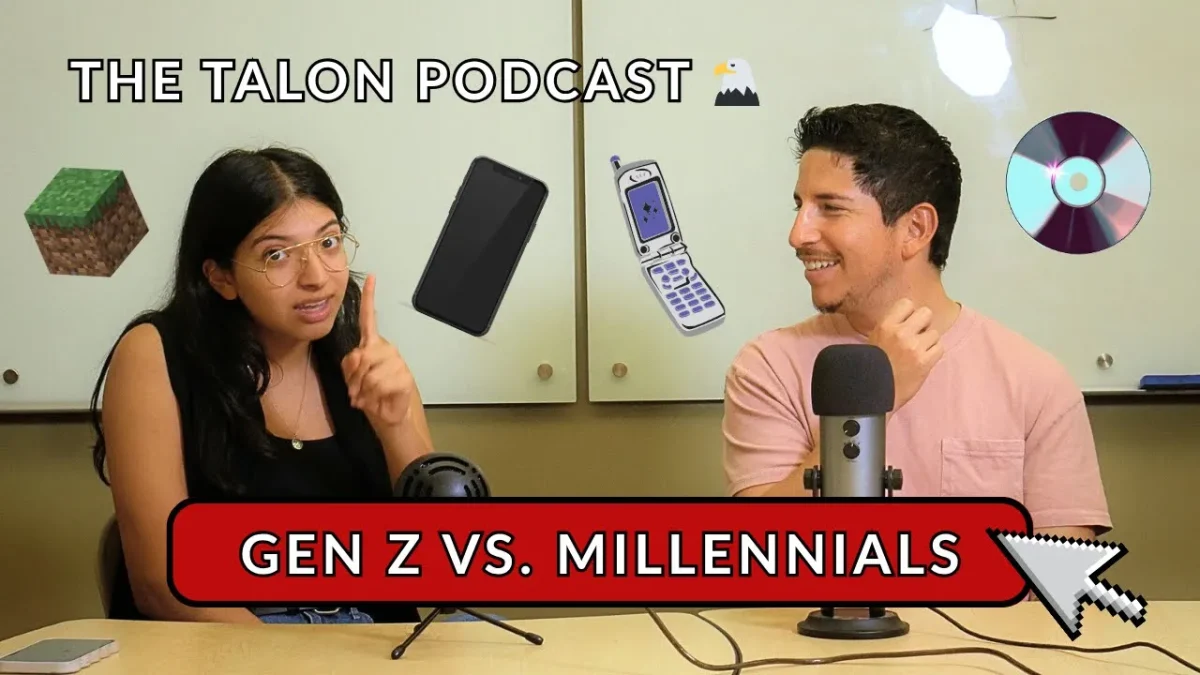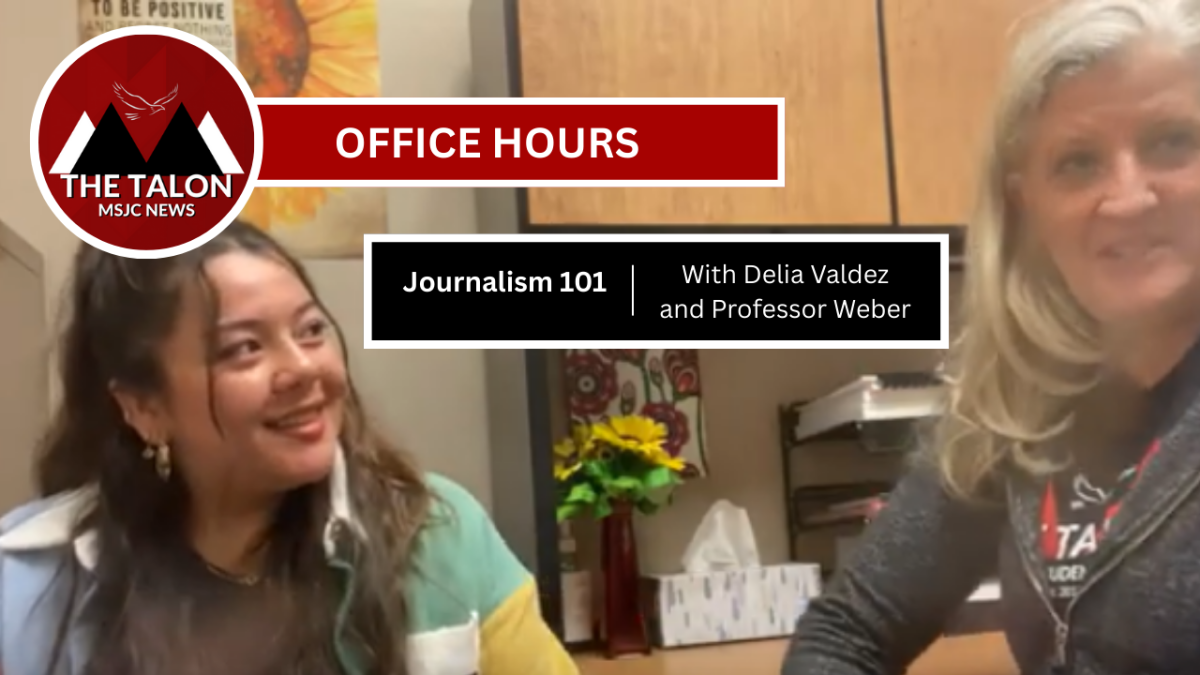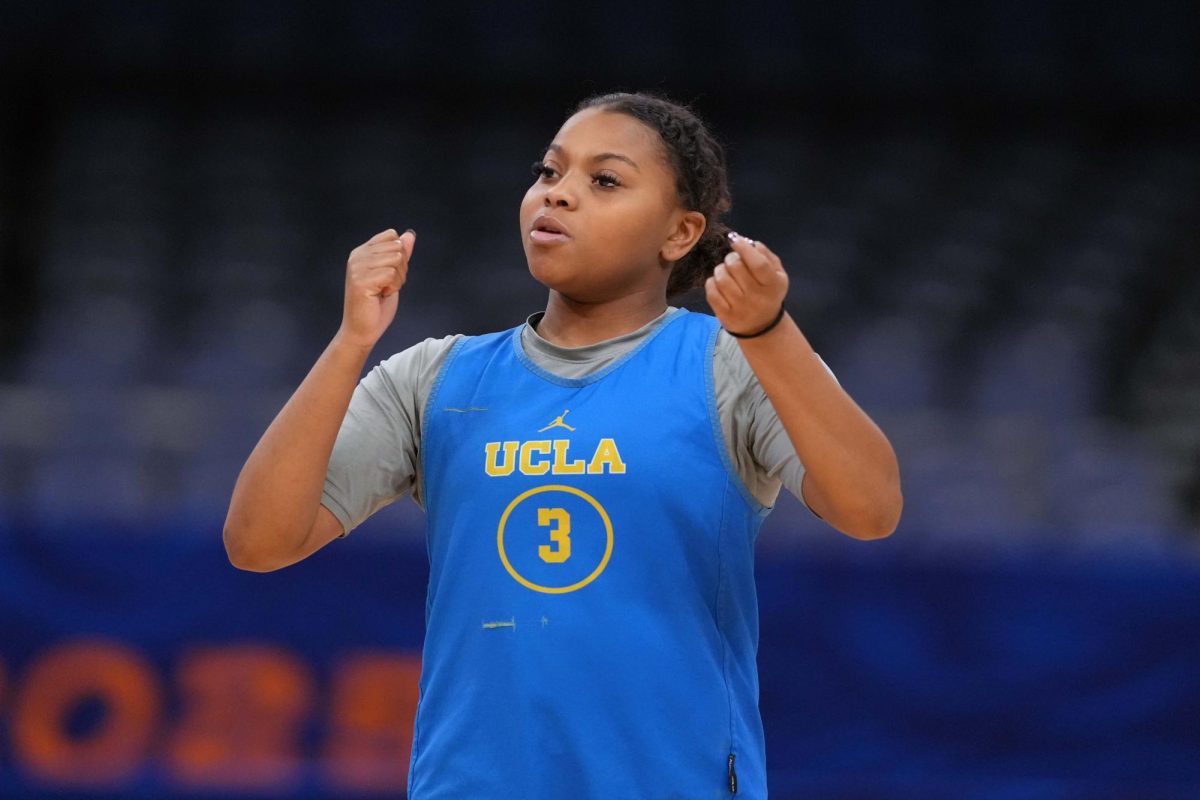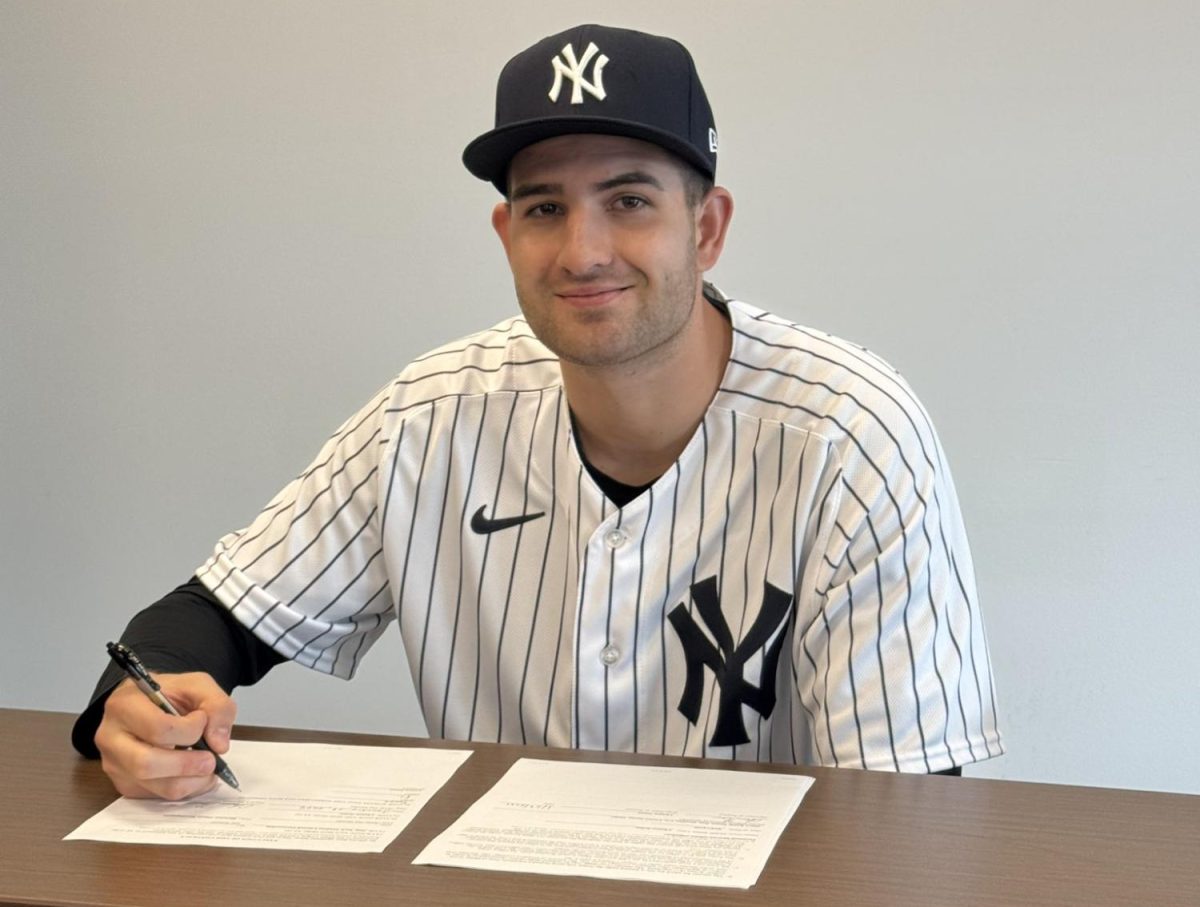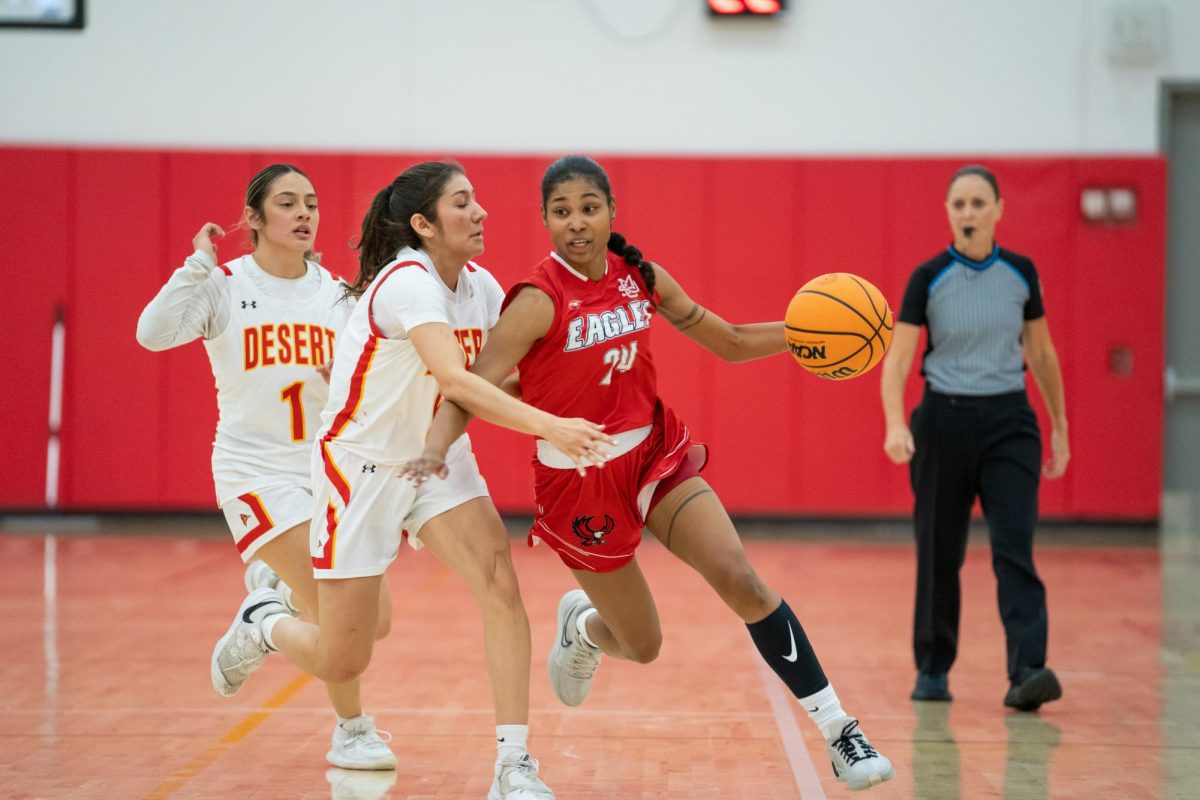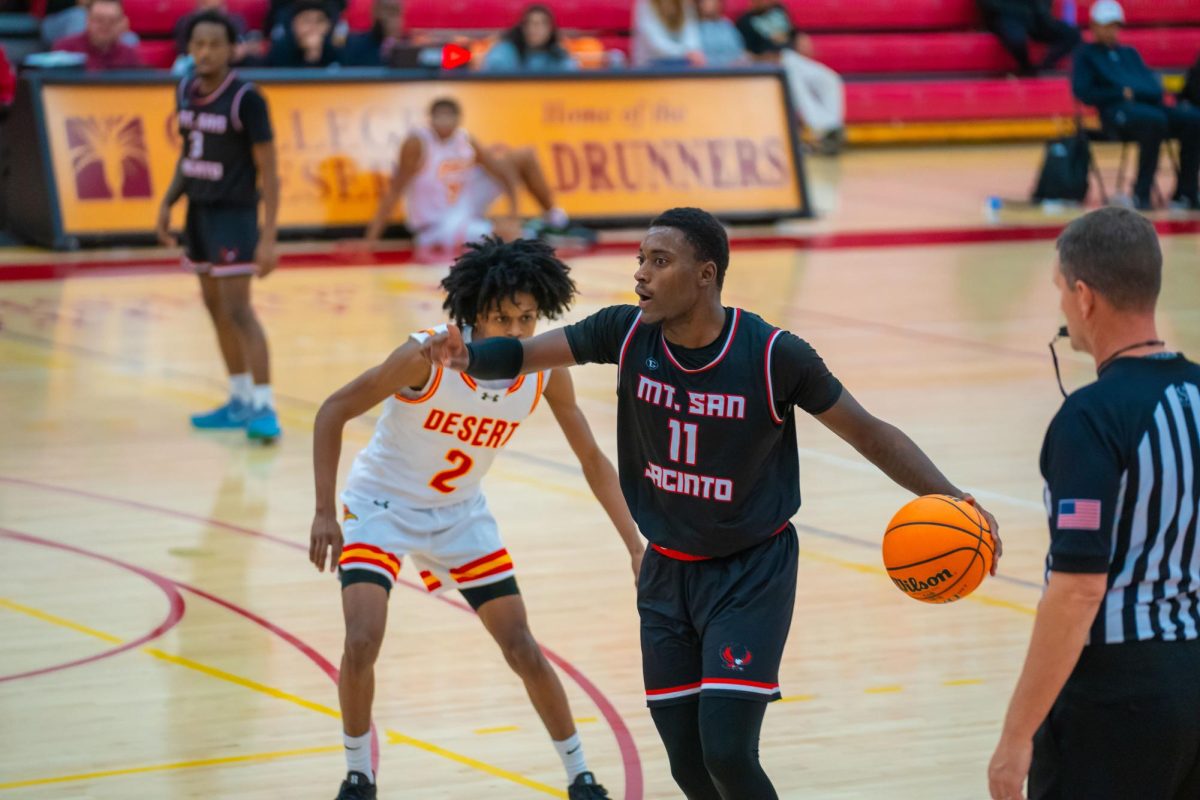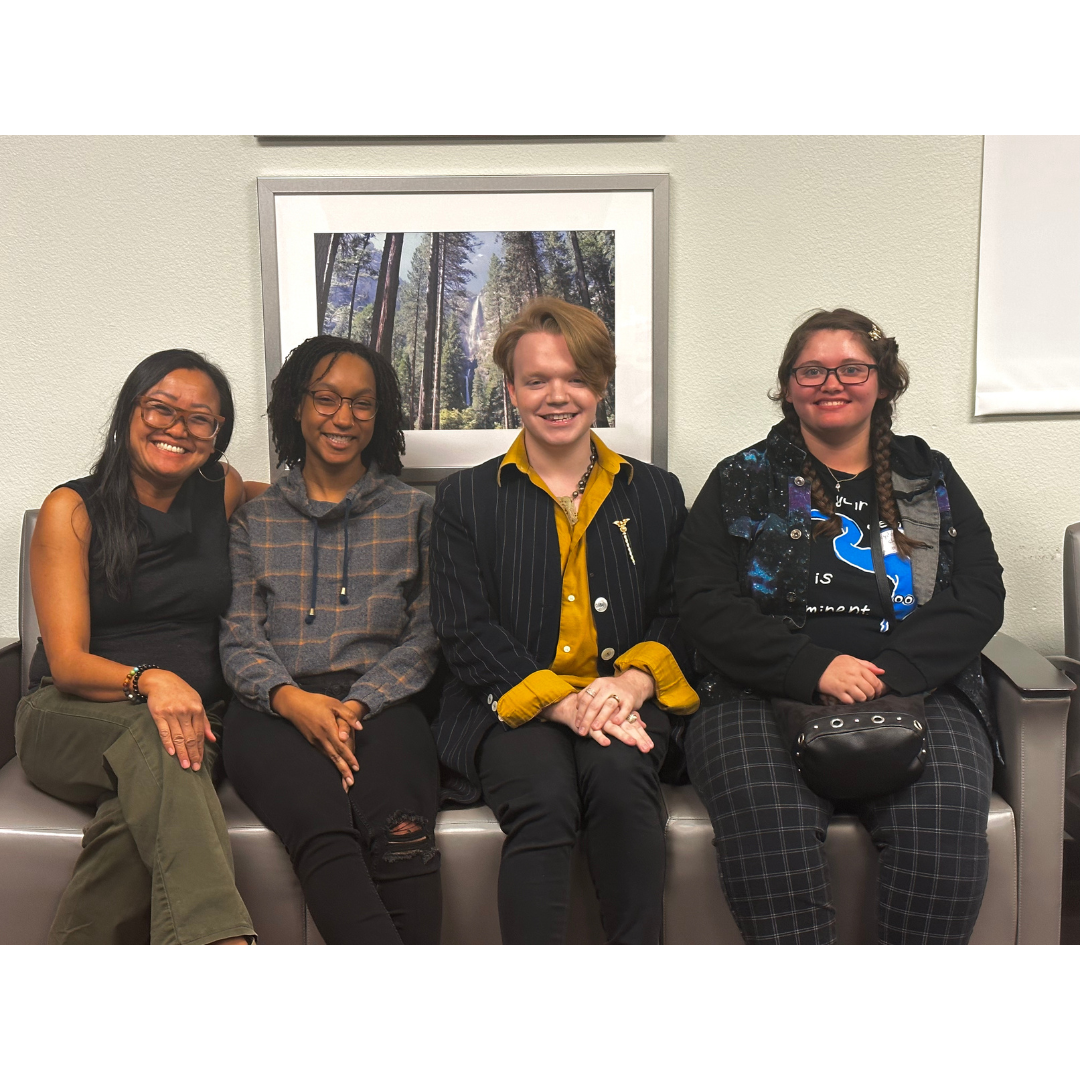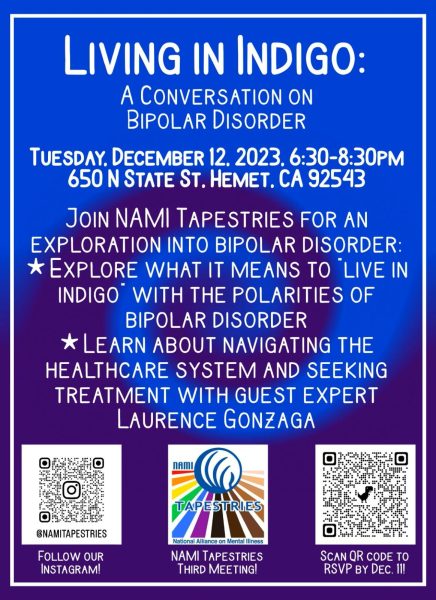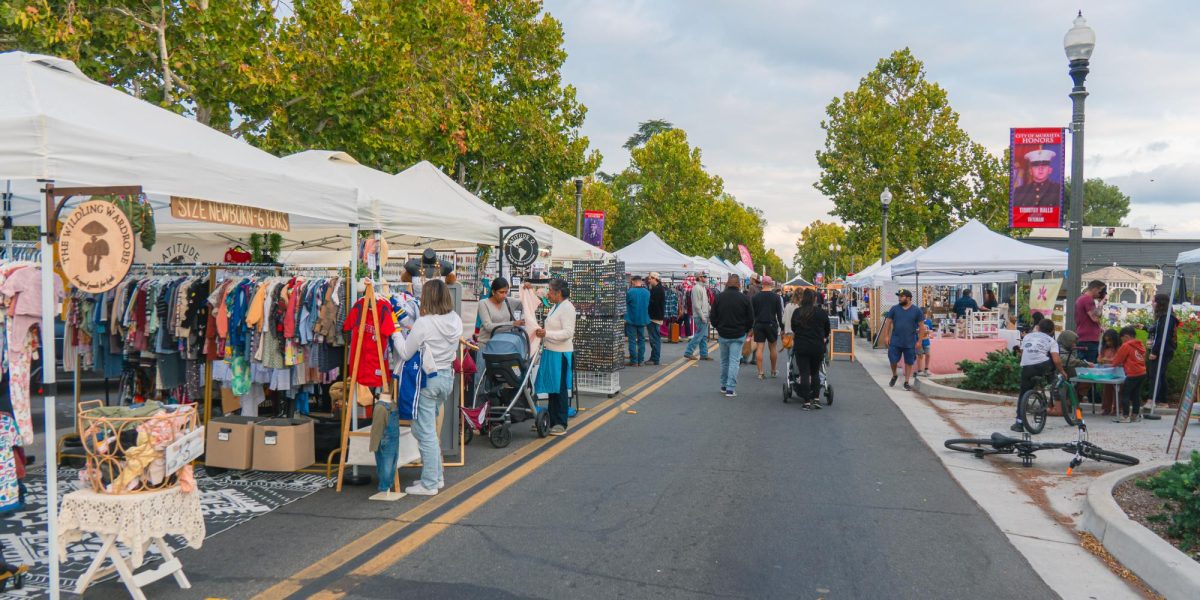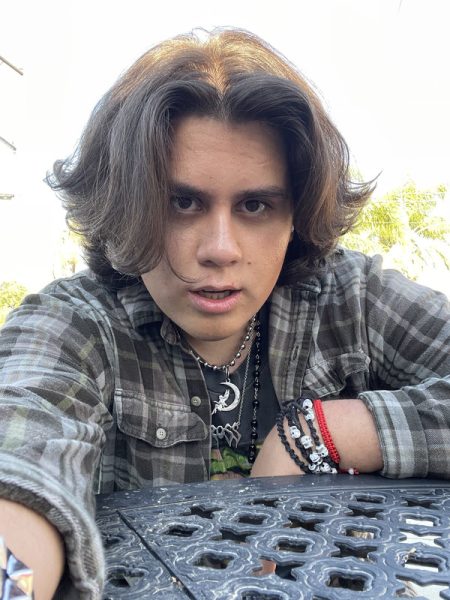Mental unwellness has become an extreme social problem in the United States and abroad after the pandemic. As of this day, 10,200 deaths occur each year from eating disorders, and continue to rise by the minute. While the numbers rise, the discussion does not; the explanation for eating disorders is not easy to pinpoint and even more difficult to talk about. The NAMI Tapestries, however, hopes to shed light on this issue by starting the conversation among the youth.
NAMI (National Alliance on Mental Illness), the nationwide grassroots mental health organization, was the inspiration for creating an off-campus club to talk about destigmatizing these disorders, thus creating NAMI Tapestries and continuing their prospects in educating young adults. I decided to contact NAMI Tapestries to attend a meeting and gain insight.
As I settled into the meeting, it began with a brief introduction and icebreaker to get to know everyone. After the icebreaker, the club’s student organizers–Kendra Williams, Elijah Drew, and Kaydence Davila–talked about their goals for the club and put on a short film, Blackbird. Dr. Truc HaMai, the club’s advisor, helped answer questions too. Blackbird is the short film that has since grown into the non-profit advocacy organization and touring event, Project Blackbird. Their mission and message is to destigmatize eating disorders and mental illness by shedding away the shame of it all.
The short film is based on the relationship that formed between Kendra Williams and their friend, Alexandra. It’s a fictionalized story with the foundation being their individual and shared experiences within a mental and physical health recovery facility. It tells the story of Alma, who is shown silently struggling with an eating disorder. She distances herself from others, gripped with the overwhelming fear of judgment that may come with opening up with people. She then meets her facility roommate, Noa. Her character guides Alma into breaking out of the shell she suffers from throughout the story.
Kendra and Alexandra worked unanimously to create Blackbird. Through the project, they hope to reality-check the misconceptions that come with the stigma of eating disorders, with examples such as “eating disorders only being a white women’s disease” or “eating disorders are all about food.” While respectfully envisioning this film towards those who are struggling with mental and physical health issues, it was important for them to draw on both their personal experiences.
Kendra also stated “We felt like our story wasn’t unique,” stated Kendra. “ and “We both wanted to prove to ourselves that it wasn’t unique and let others out there know that they aren’t either in that sense too far gone from help.”
Many modern films have the harmful tendency to romanticize films. Especially on the topic of mental or physical health illnesses, which are often told without complete accuracy. When discussing this film, Kendra Williams stated “There’s a lot of Hollywood narratives out there about mental illness to sell and we want it to be a different voice out there where we can show people a better representation of the people that are affected by mental illness, mental illness itself, and how it encroaches or just makes basic daily living tough.” Illnesses or disorders are depicted as something that simply exists and can be easily overcome by oneself. However, this is not the case as it can be an extremely sensitive topic for many and possibly send the wrong message out to viewers of these types of films.
For NAMI Tapestries, “it’s time to start the conversation” on what these disorders are like to live with. They aim to have truthful conversations from real expertise and perspectives. One of which includes Dr. Truc HaMai, the club’s advisor and department chair of psychology of the San Jacinto campus at MSJC. She has had heavy involvement with NAMI and NAMI Tapestries when it was originally a student club at MSJC back in Spring 2022. However, due to the many institutional barriers they faced when creating NAMI at MSJC Club as a student club, this experience forced them to continue their advocacy work off-campus.
When talking about the club, Dr. HaMai expressed, “We should have a space where we can do away with the stigmas, the silencing, the shame, and the stereotype that comes with them, and that can’t happen without [expert] guidance.”
NAMI Tapestries welcomes members of local communities throughout the Inland Empire for the cause, with the club’s overall objective being: “Our mission is to create an eclectic, diverse group of people to explore the different facets of mental illness, understanding that mental health is not a monolithic experience–neither is healing.” NAMI Tapestries also conveyed that having an in-person way of communicating about mental health can prove to be extremely successful in stopping the damaging stigma. The club’s president Elijah Drew, asserts that “Having that camaraderie and being able to talk to people and express vulnerabilities is so important to help connect us and help build us up.”
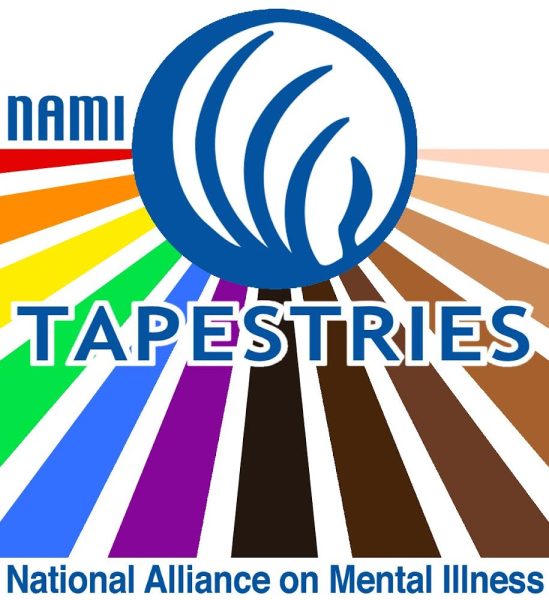 The idea for their logo being a Tapestry dove deeper than just a logo. Threads are woven together that signify a community of all-inclusiveness, regardless of gender, sexuality, race, or color. The sun in the logo symbolizes the knowledge they are shining down on other people within the club. It’s a community they want to build with the creator of the logo and Secretary of Media, Kaydence Davila, emphasizing their core message of “trying to spread knowledge and acceptance.” It’s worth noting with this thought in mind that the attendees of this meeting were MSJC students, including club leaders. However, the club is also looking to expand upon not just MSJC students since they see stopping the stigma of guilt and shame and creating a more accepting and compassionate environment as a community process.
The idea for their logo being a Tapestry dove deeper than just a logo. Threads are woven together that signify a community of all-inclusiveness, regardless of gender, sexuality, race, or color. The sun in the logo symbolizes the knowledge they are shining down on other people within the club. It’s a community they want to build with the creator of the logo and Secretary of Media, Kaydence Davila, emphasizing their core message of “trying to spread knowledge and acceptance.” It’s worth noting with this thought in mind that the attendees of this meeting were MSJC students, including club leaders. However, the club is also looking to expand upon not just MSJC students since they see stopping the stigma of guilt and shame and creating a more accepting and compassionate environment as a community process.
The club meeting itself was very educational, and I learned a lot from it. The atmosphere was warm and welcoming, enabling me to open up and share my internal struggles with the rest of the club, whom I considered strangers before this. I found the club to be a great resource for people struggling so they can receive the needed support. If you are interested in learning more about NAMI Tapestries or Project Blackbird don’t hesitate to shoot them an email: namitapestriesclub@gmail.com. The club is currently looking for a treasurer and secretary too with their next meeting on Tuesday, December 12th.








